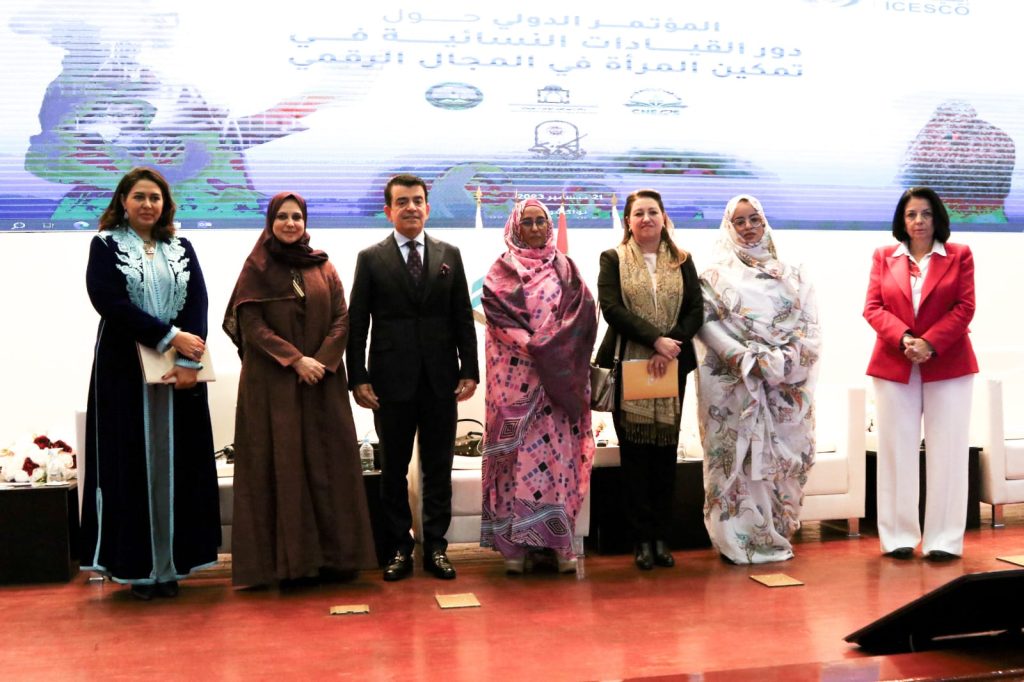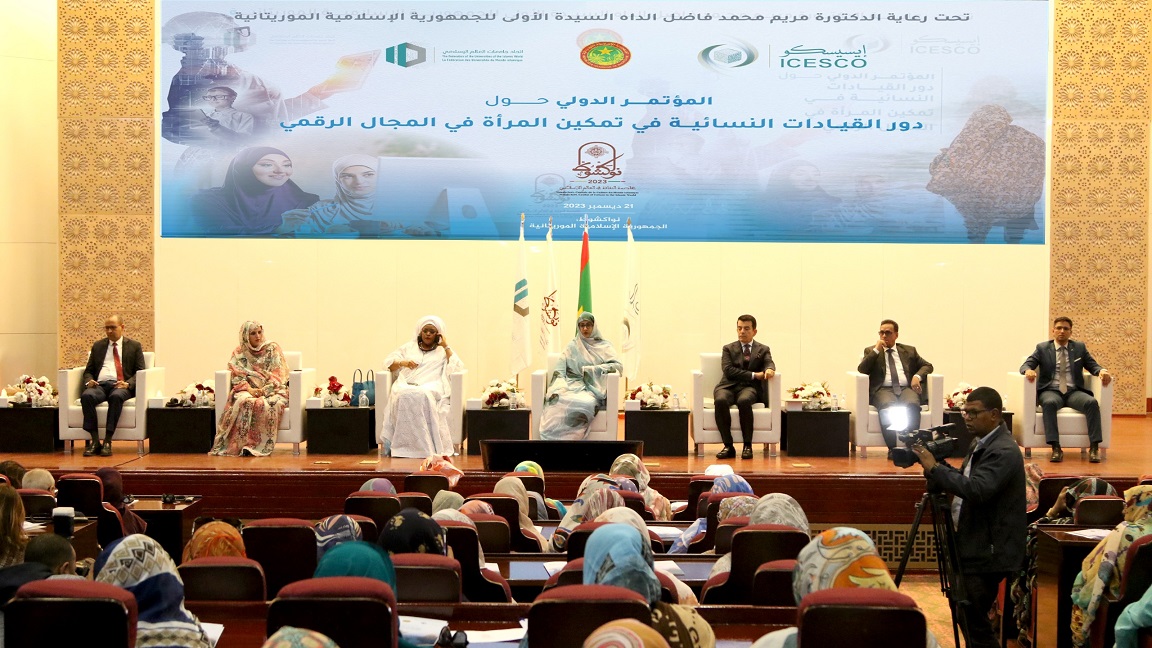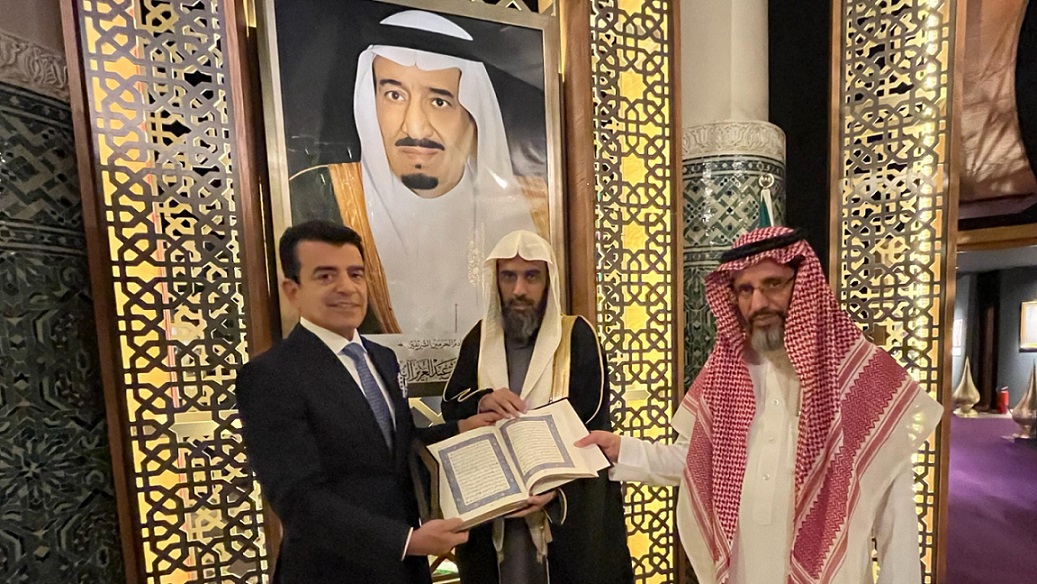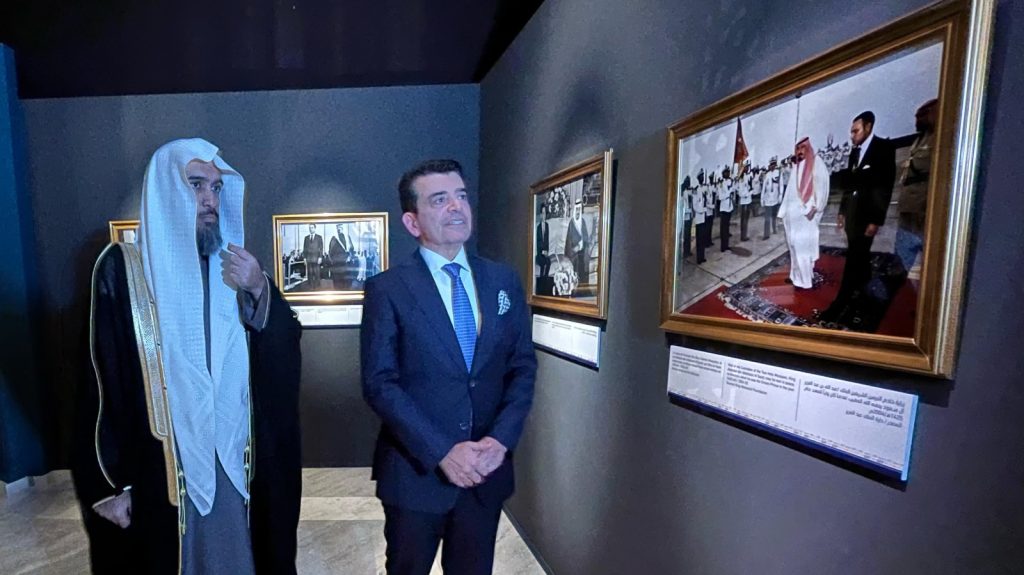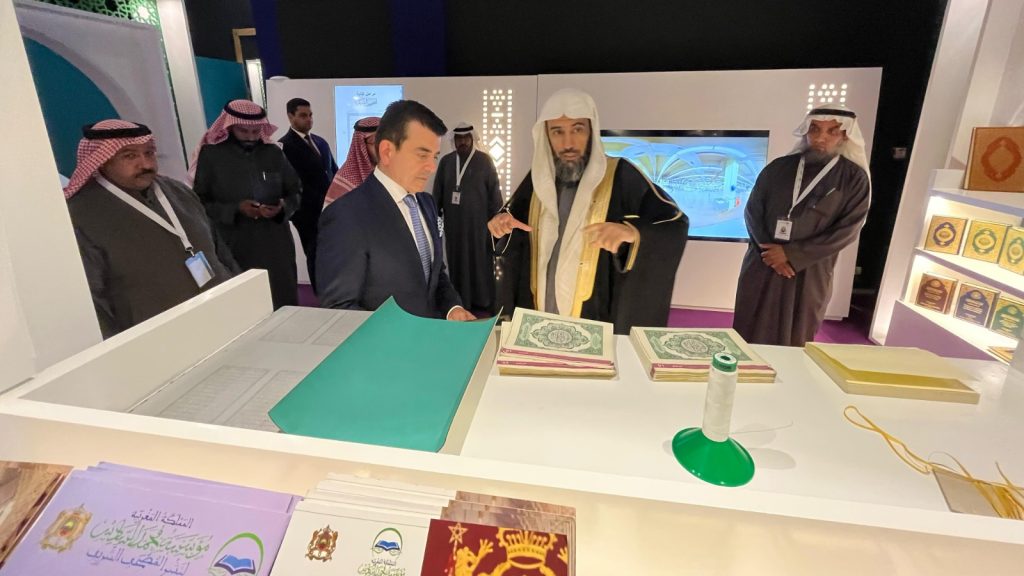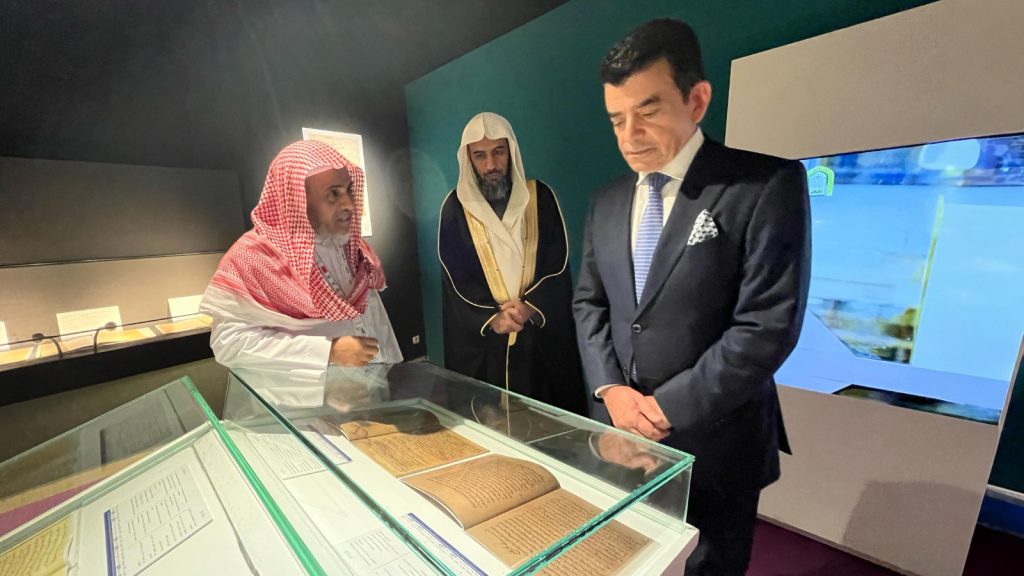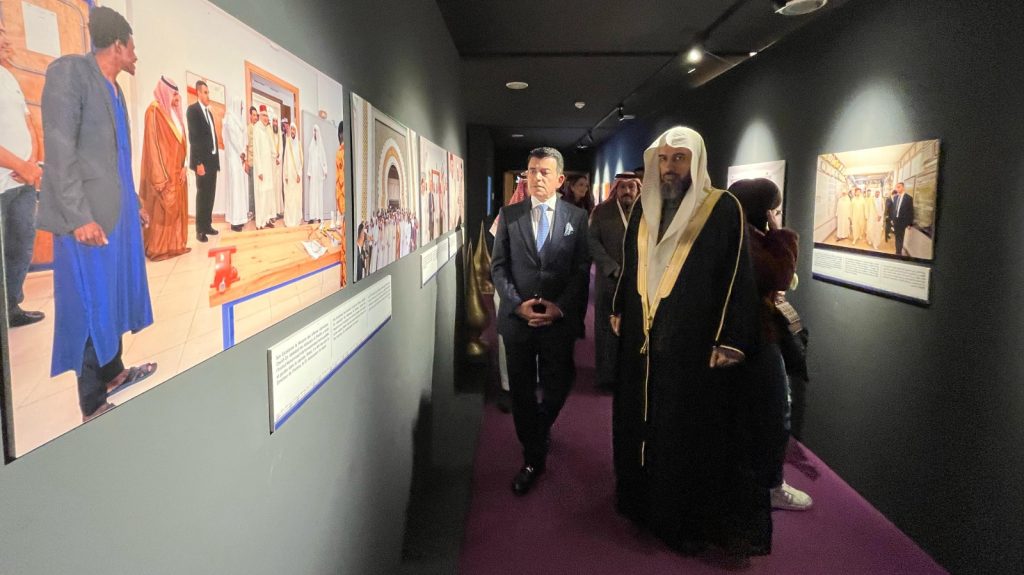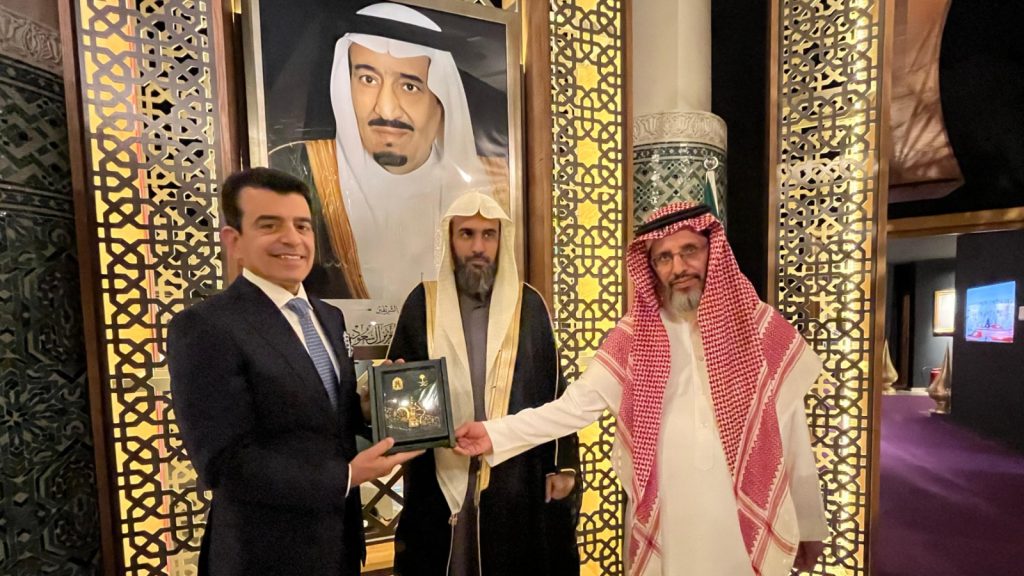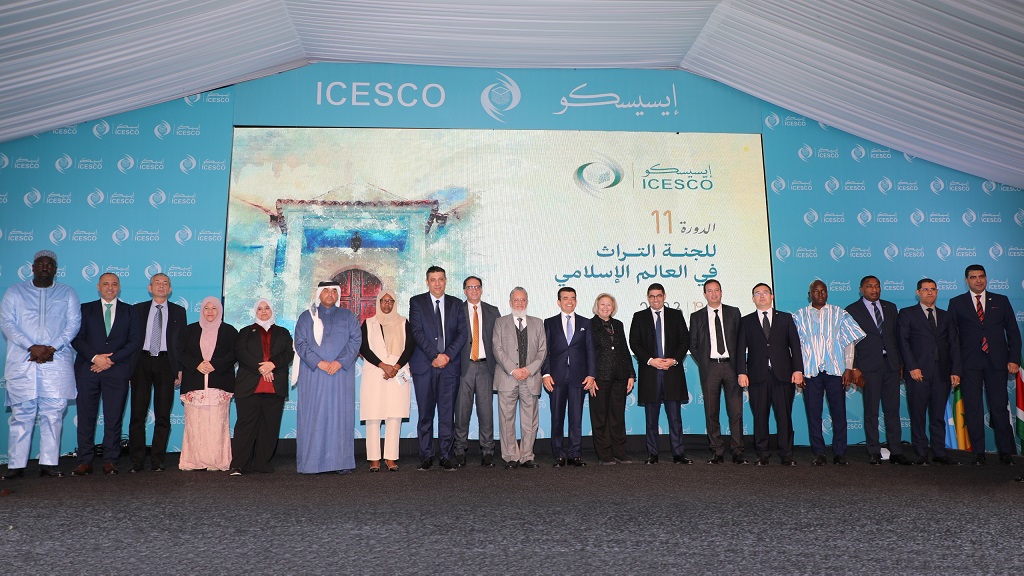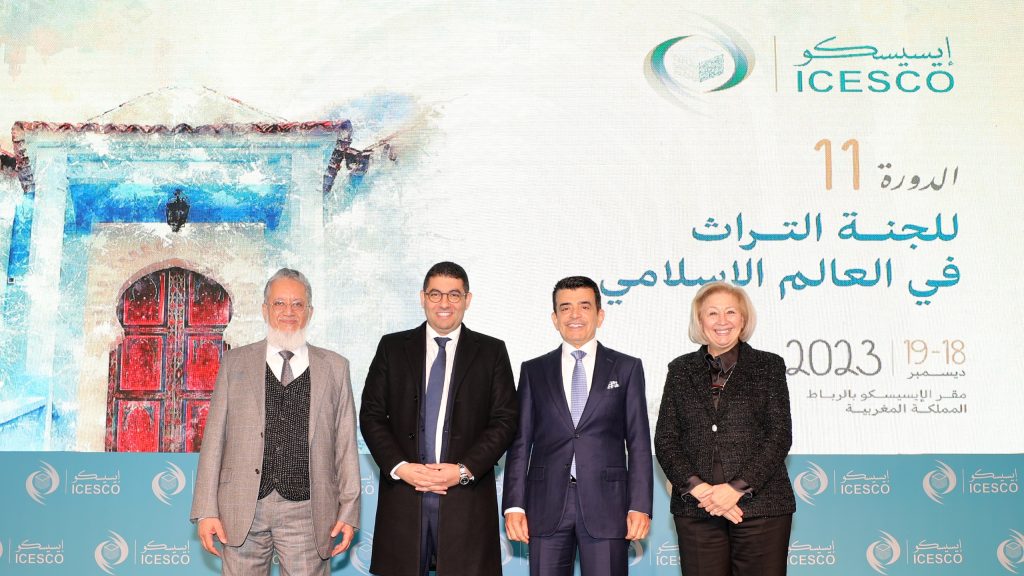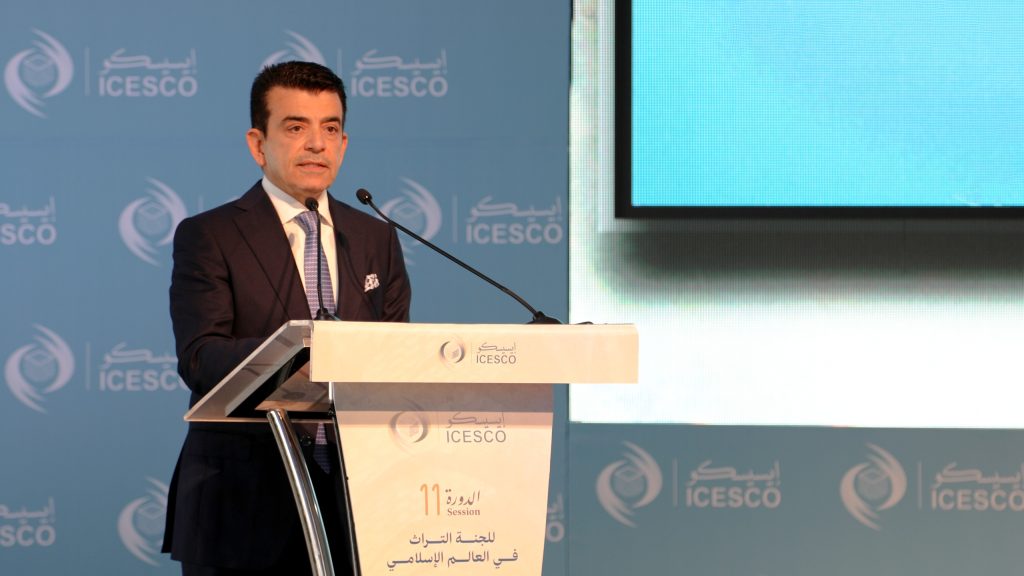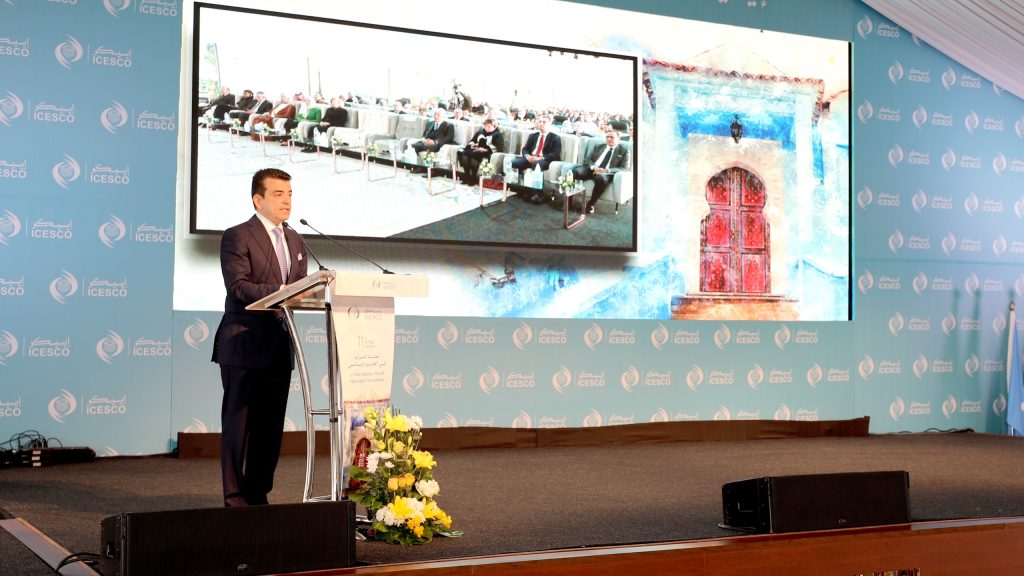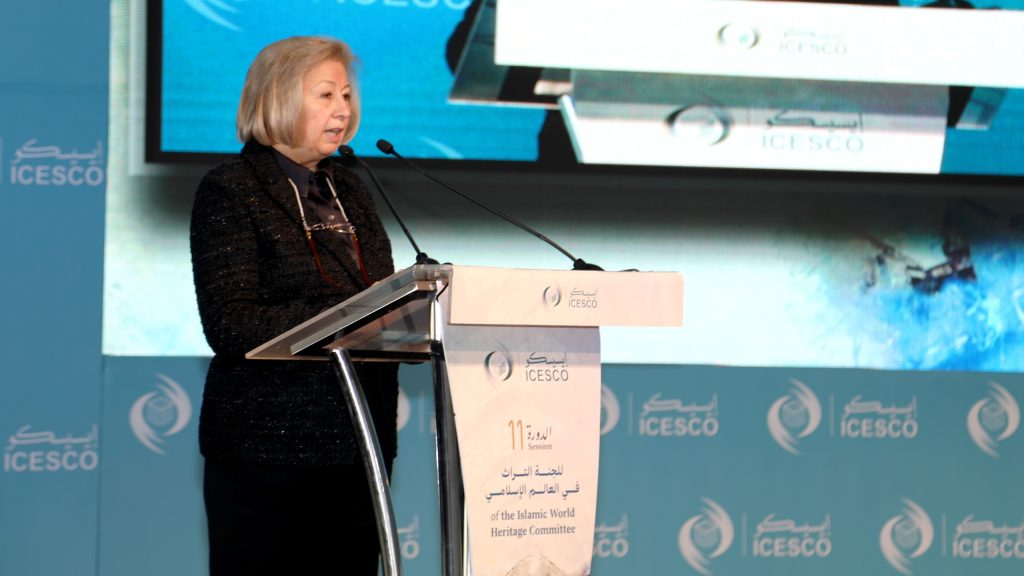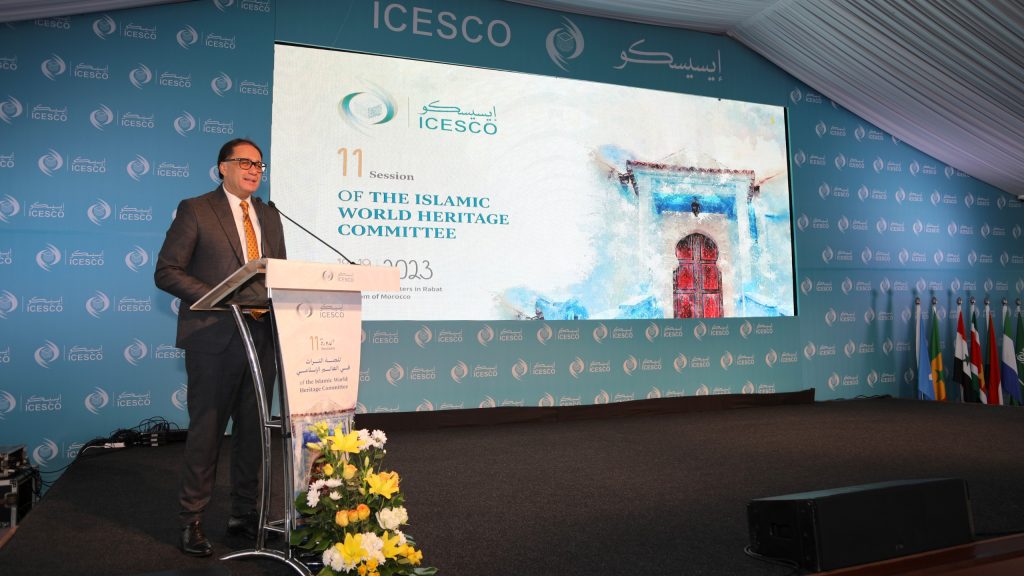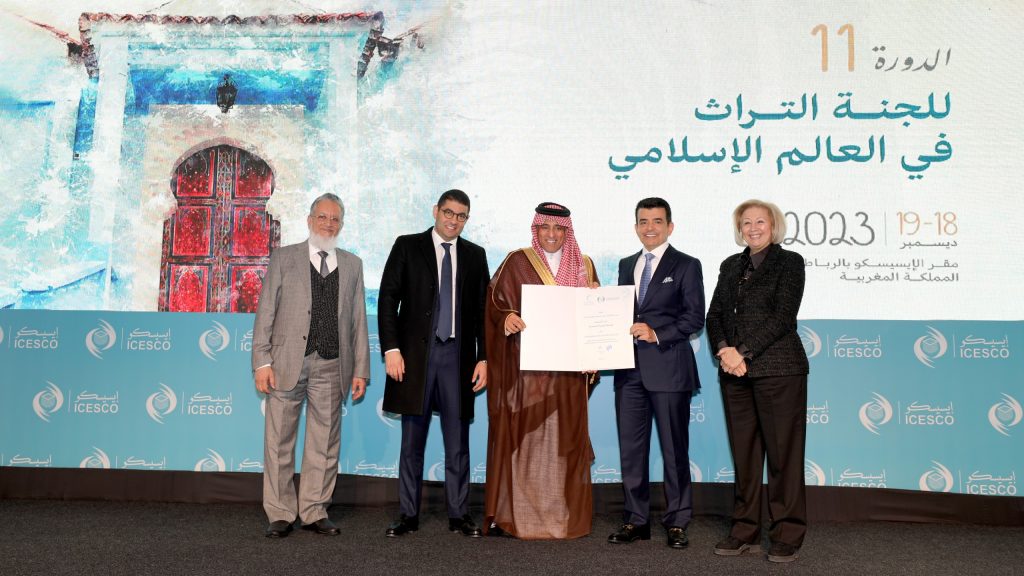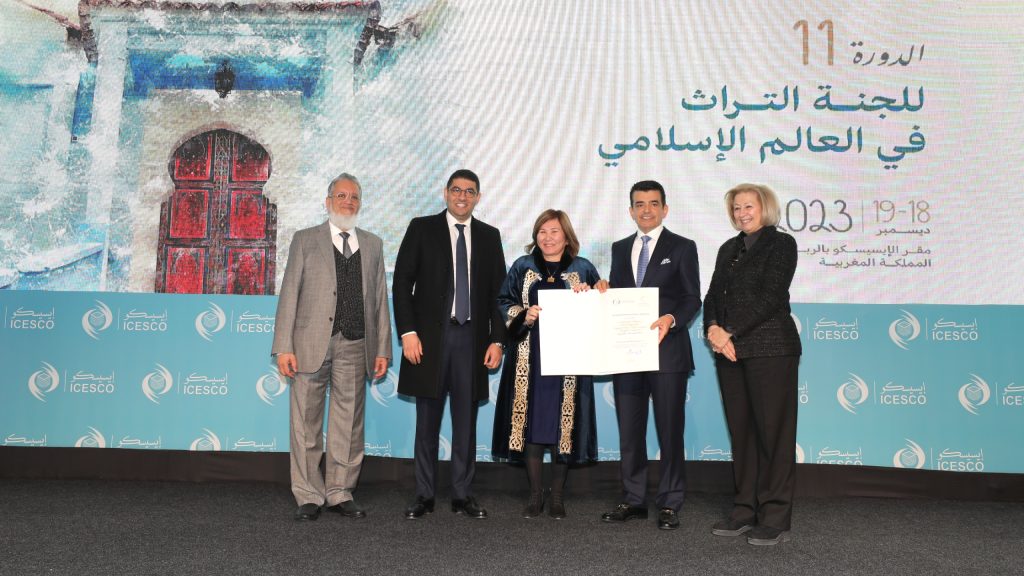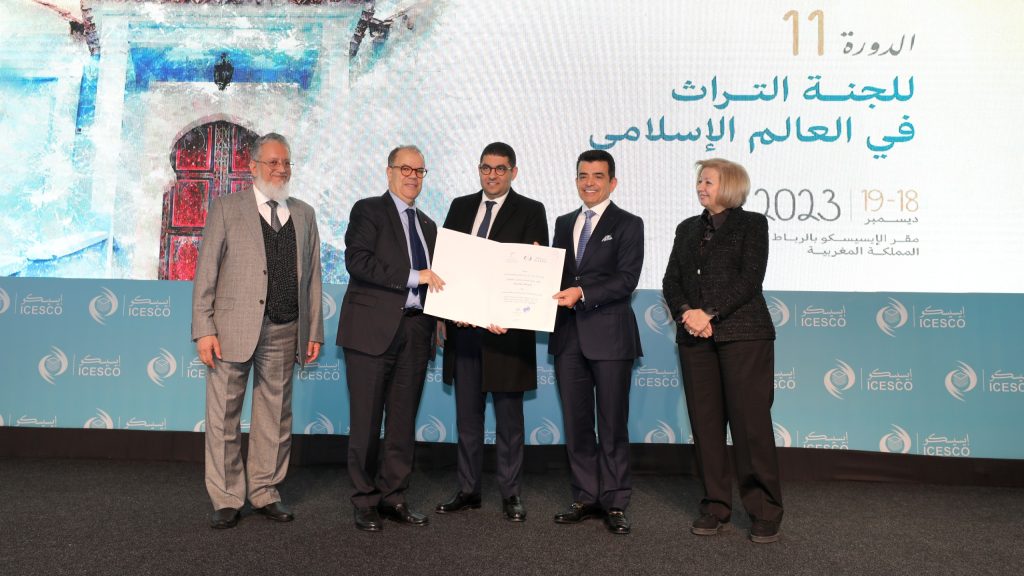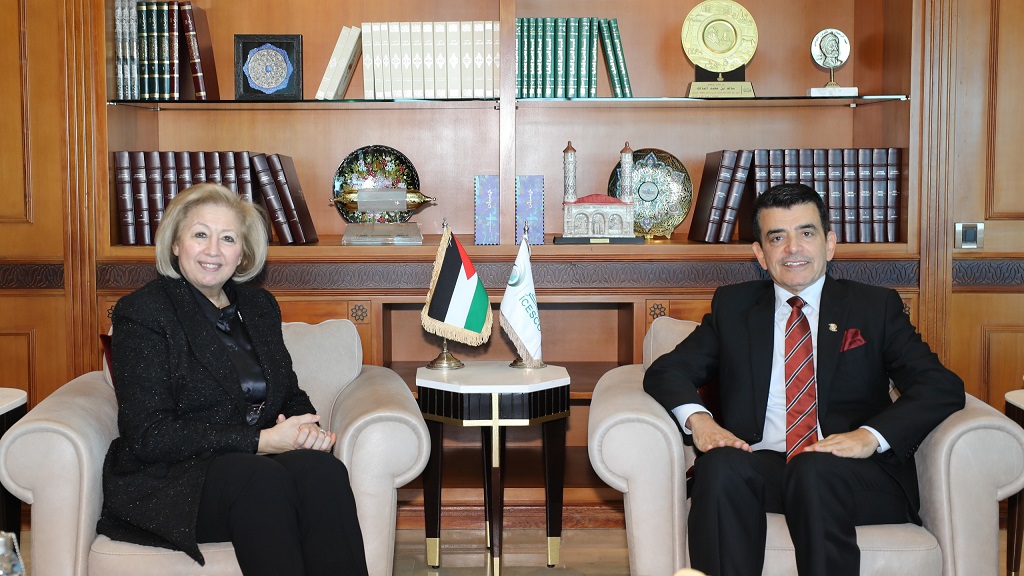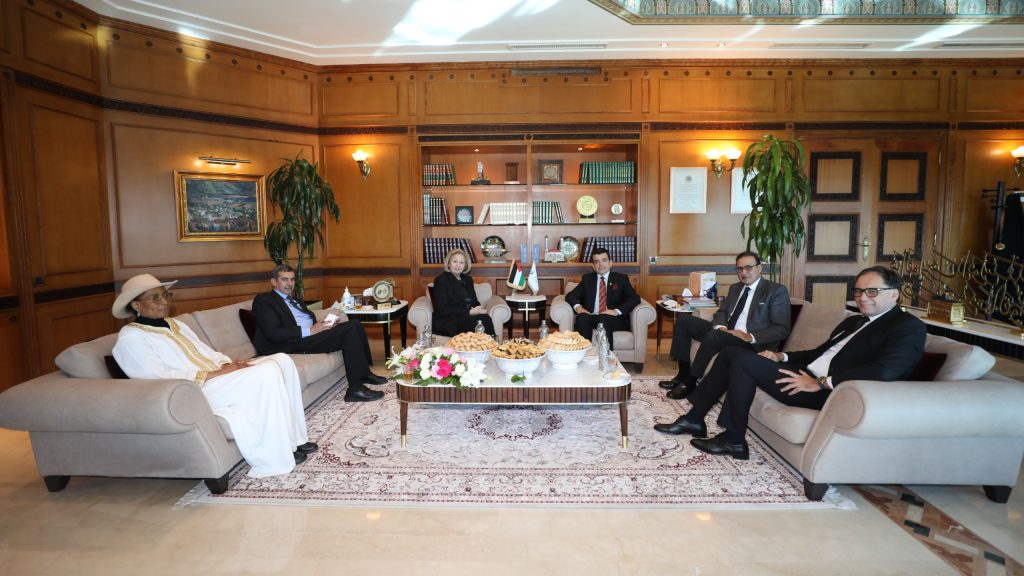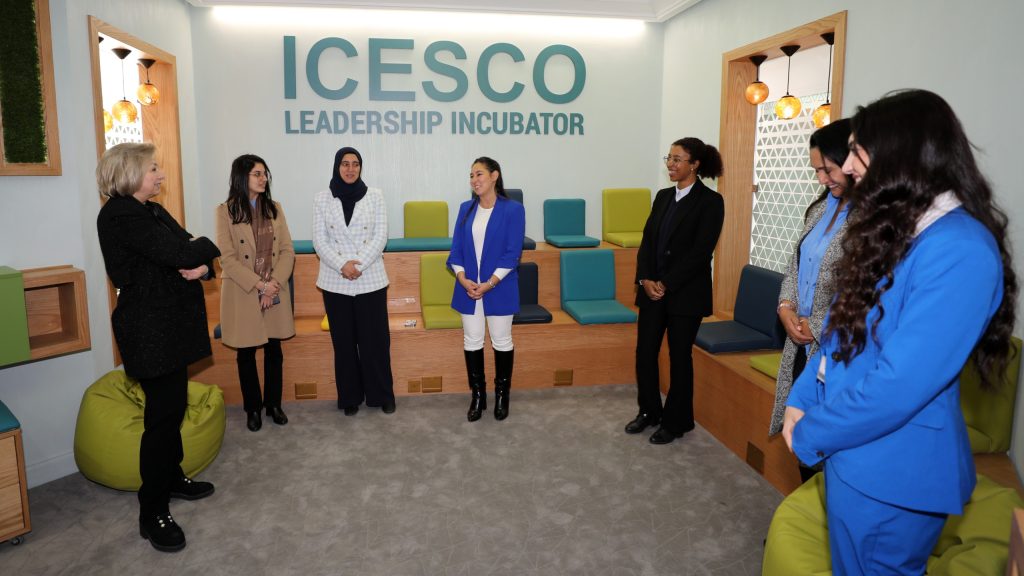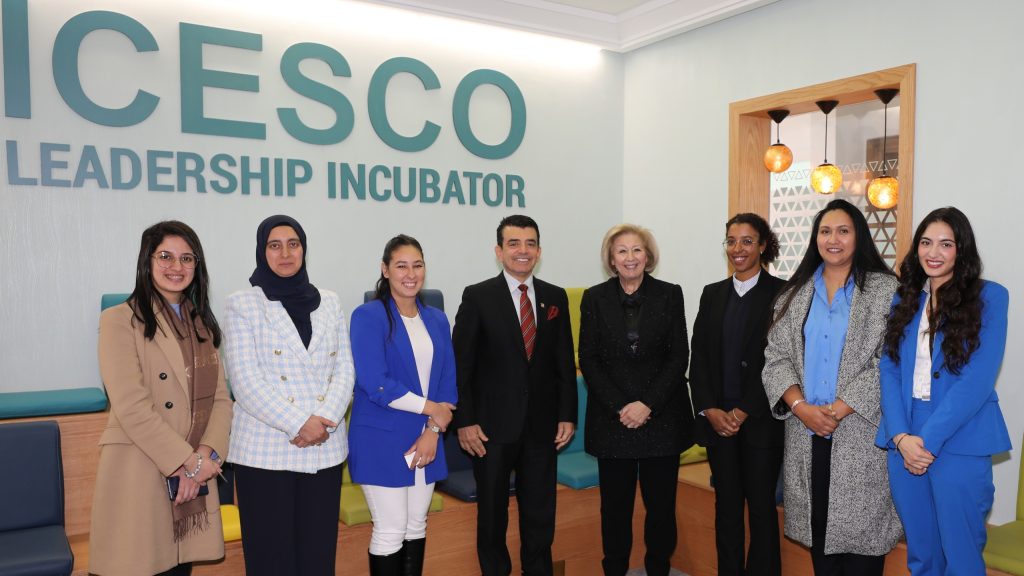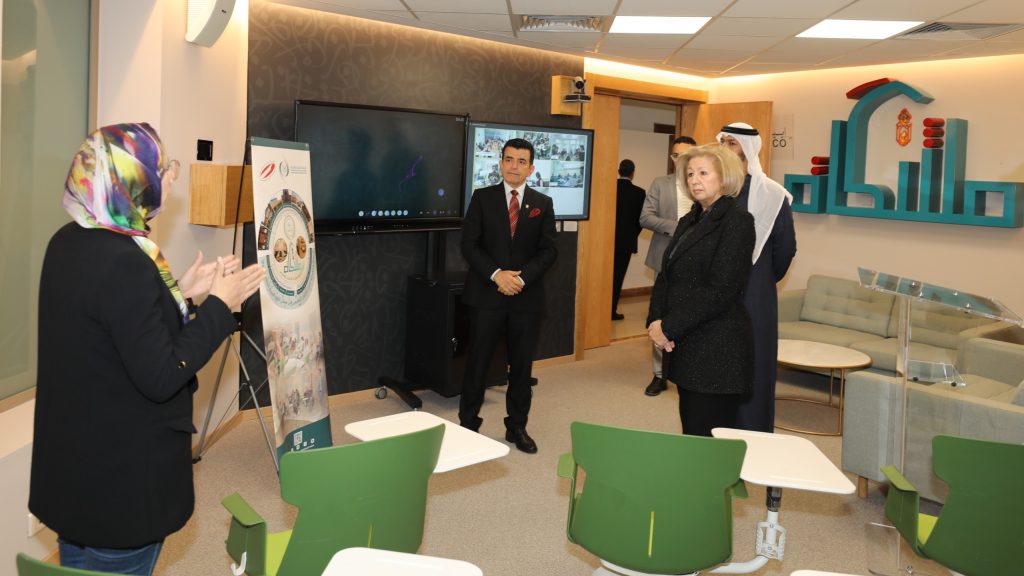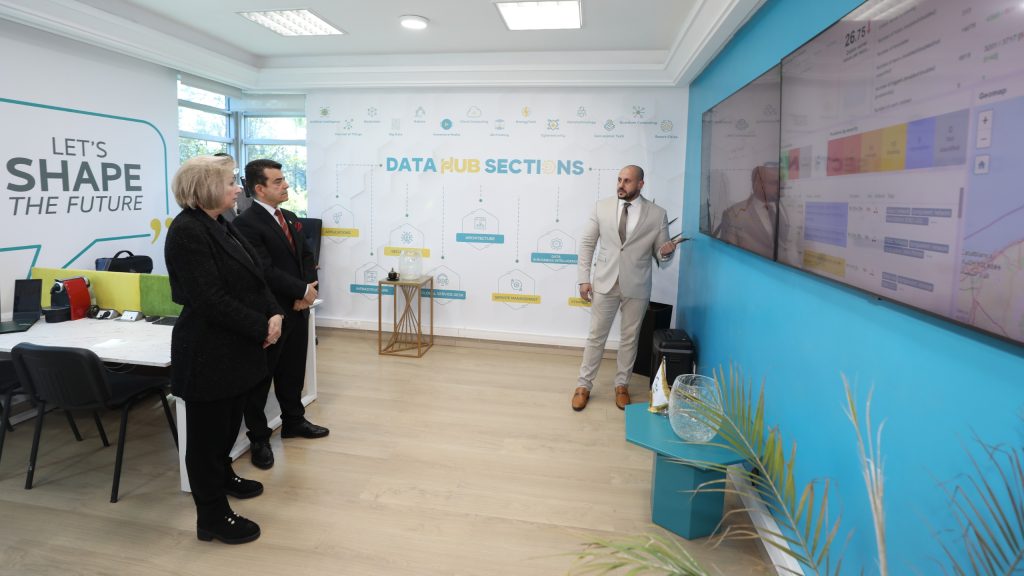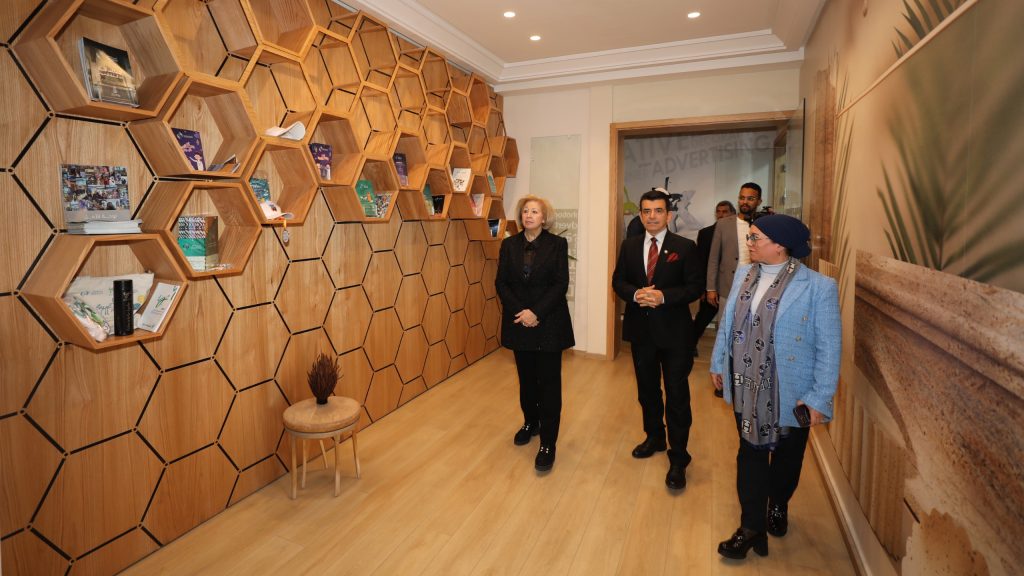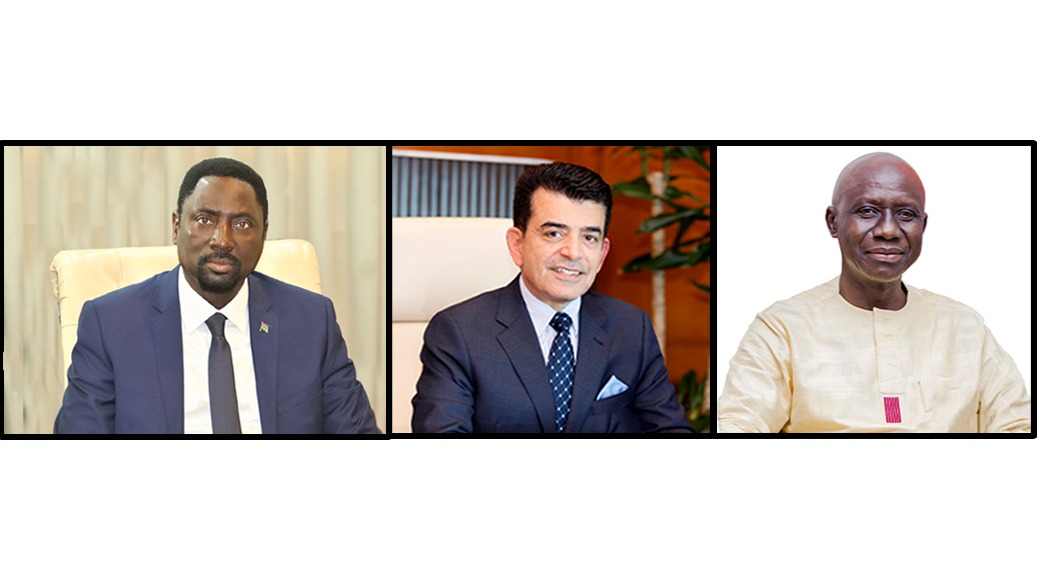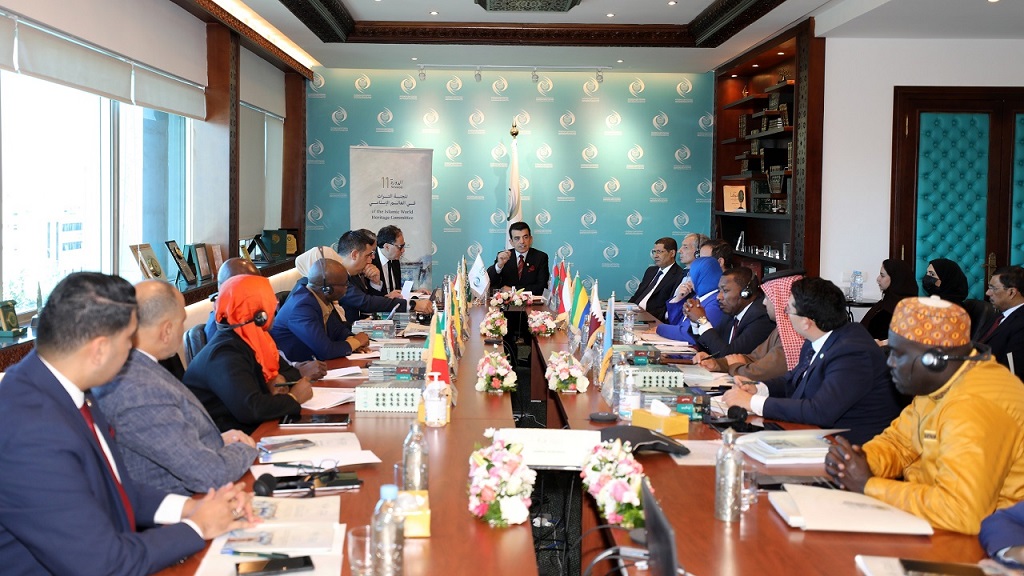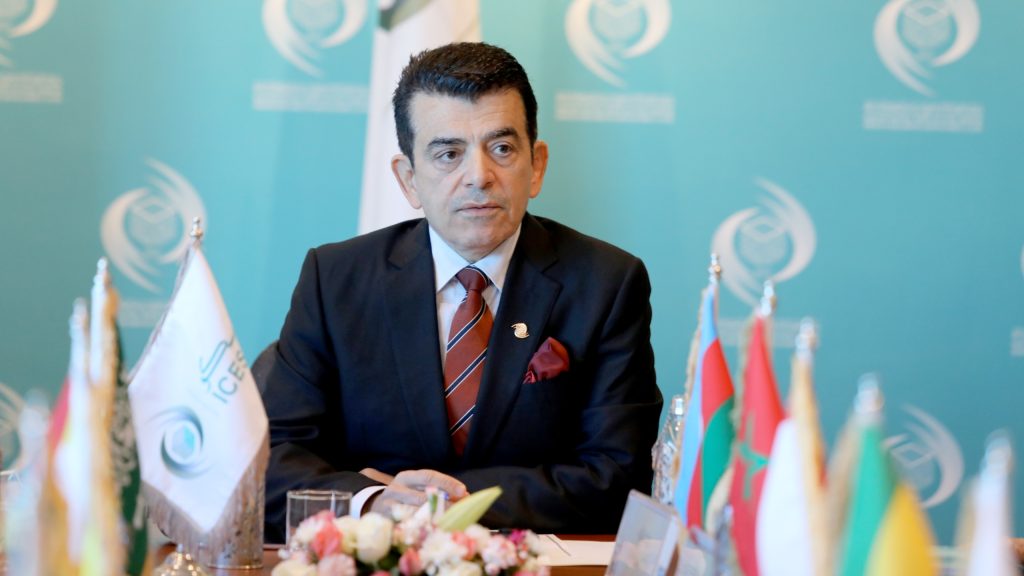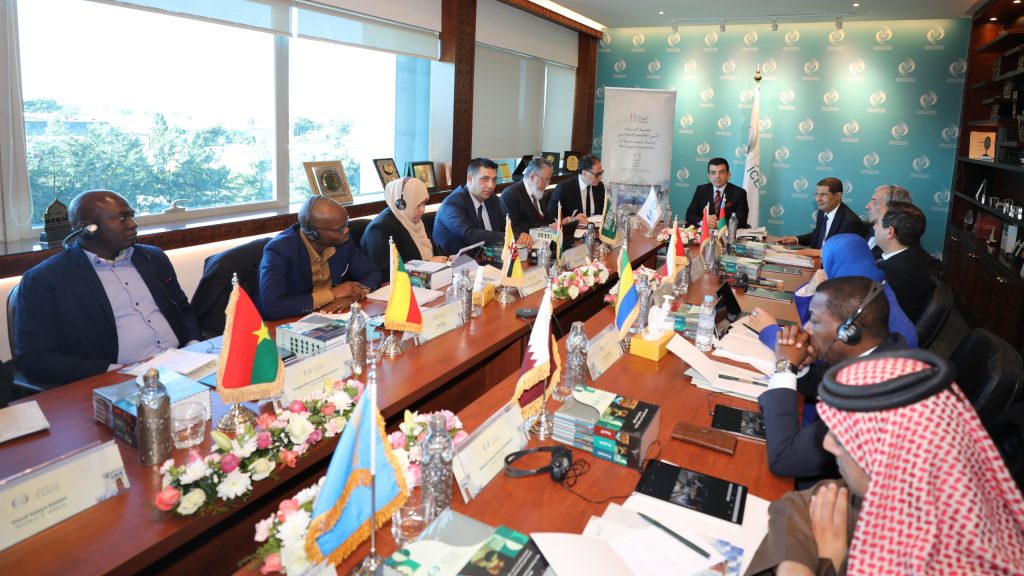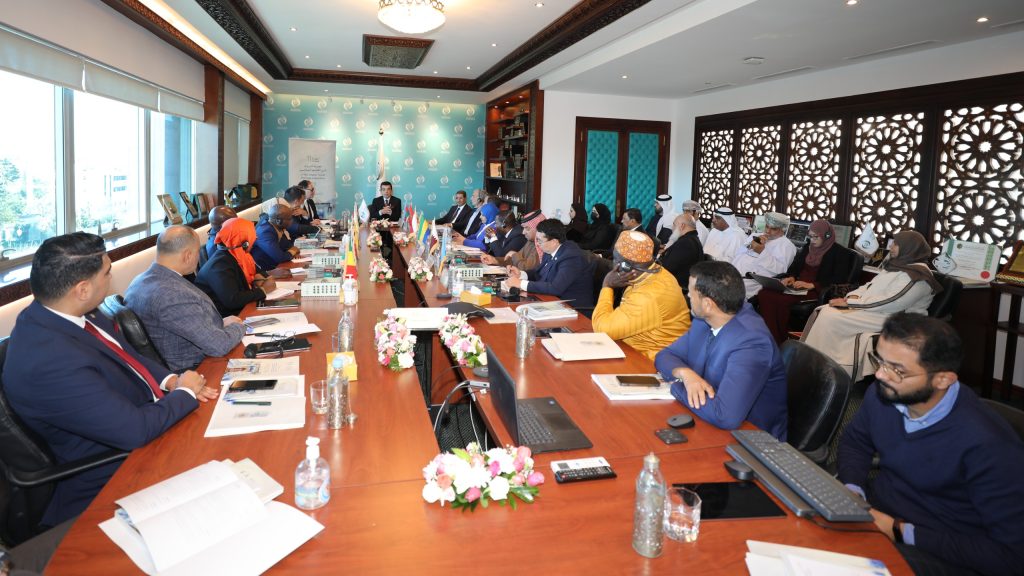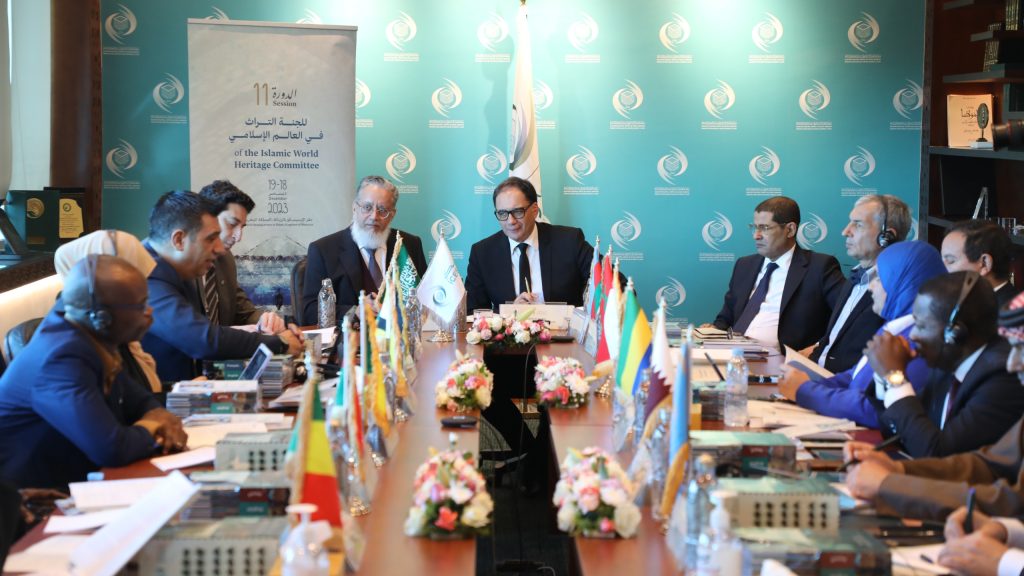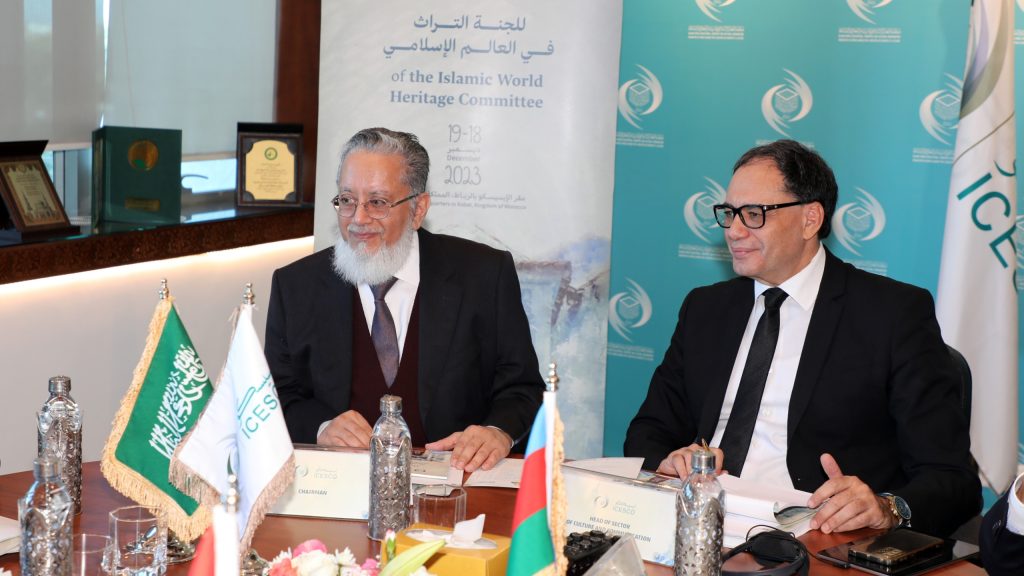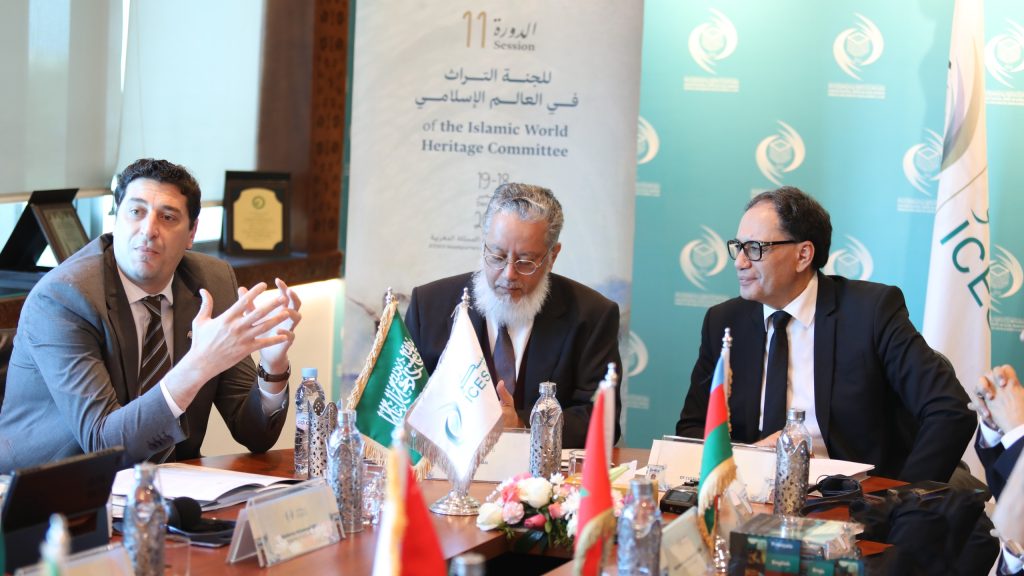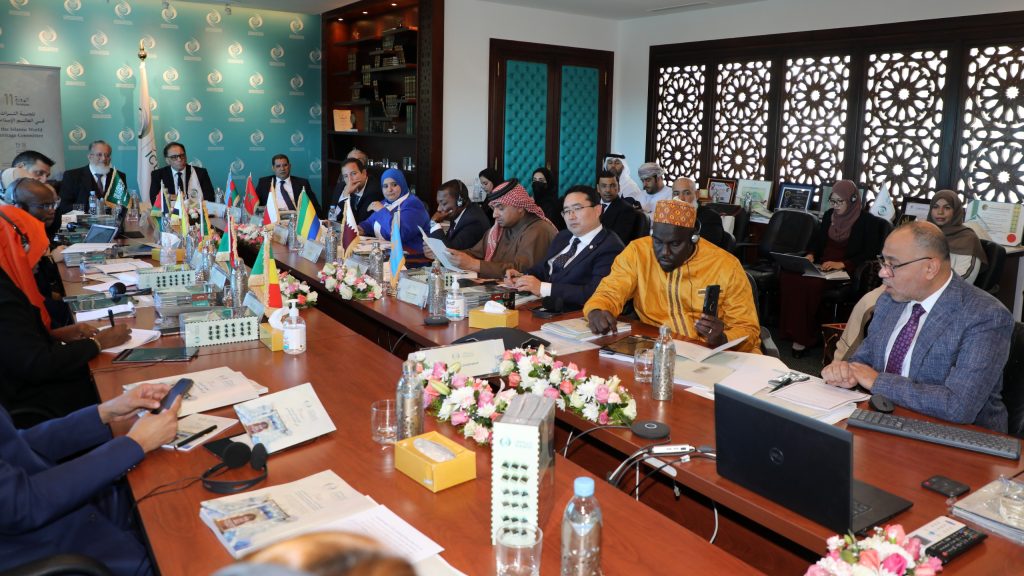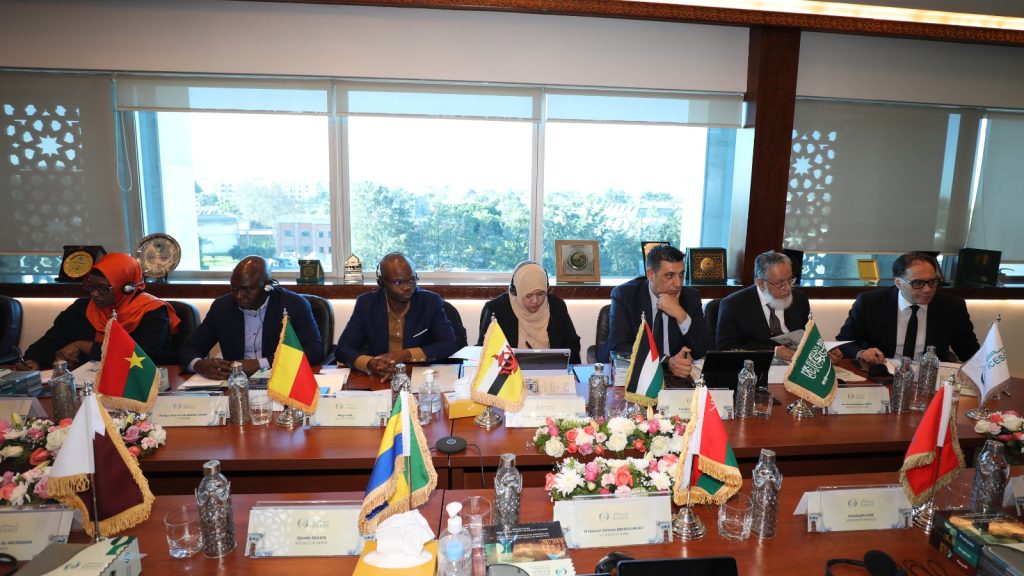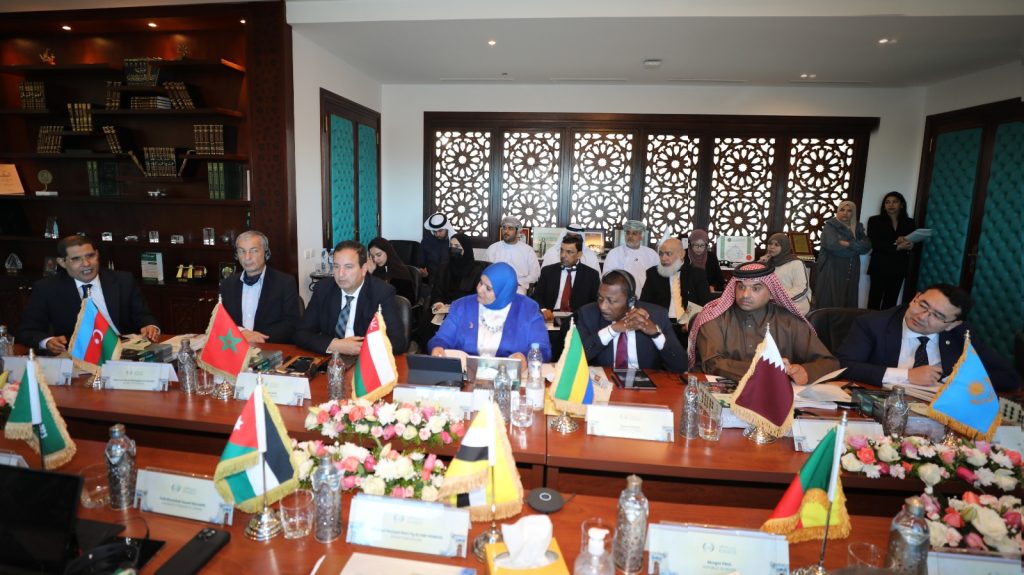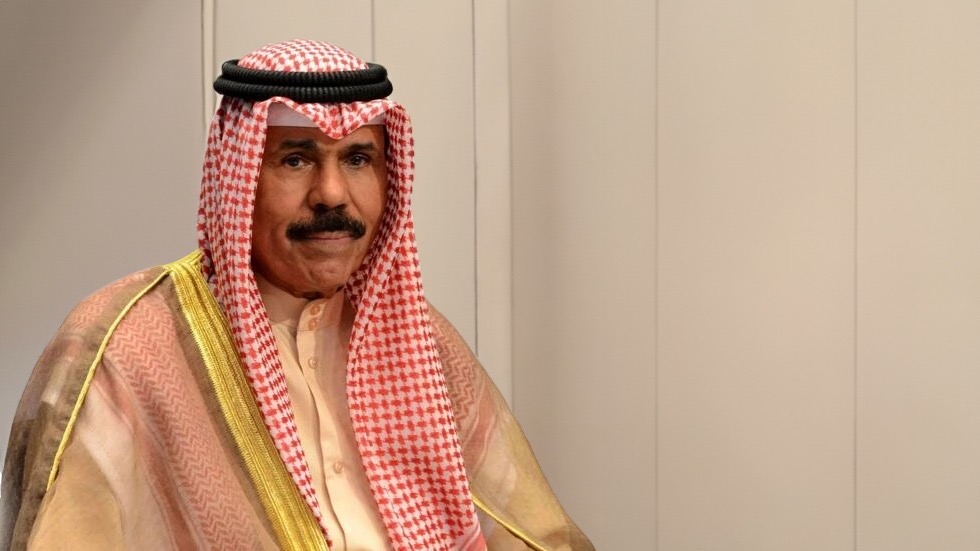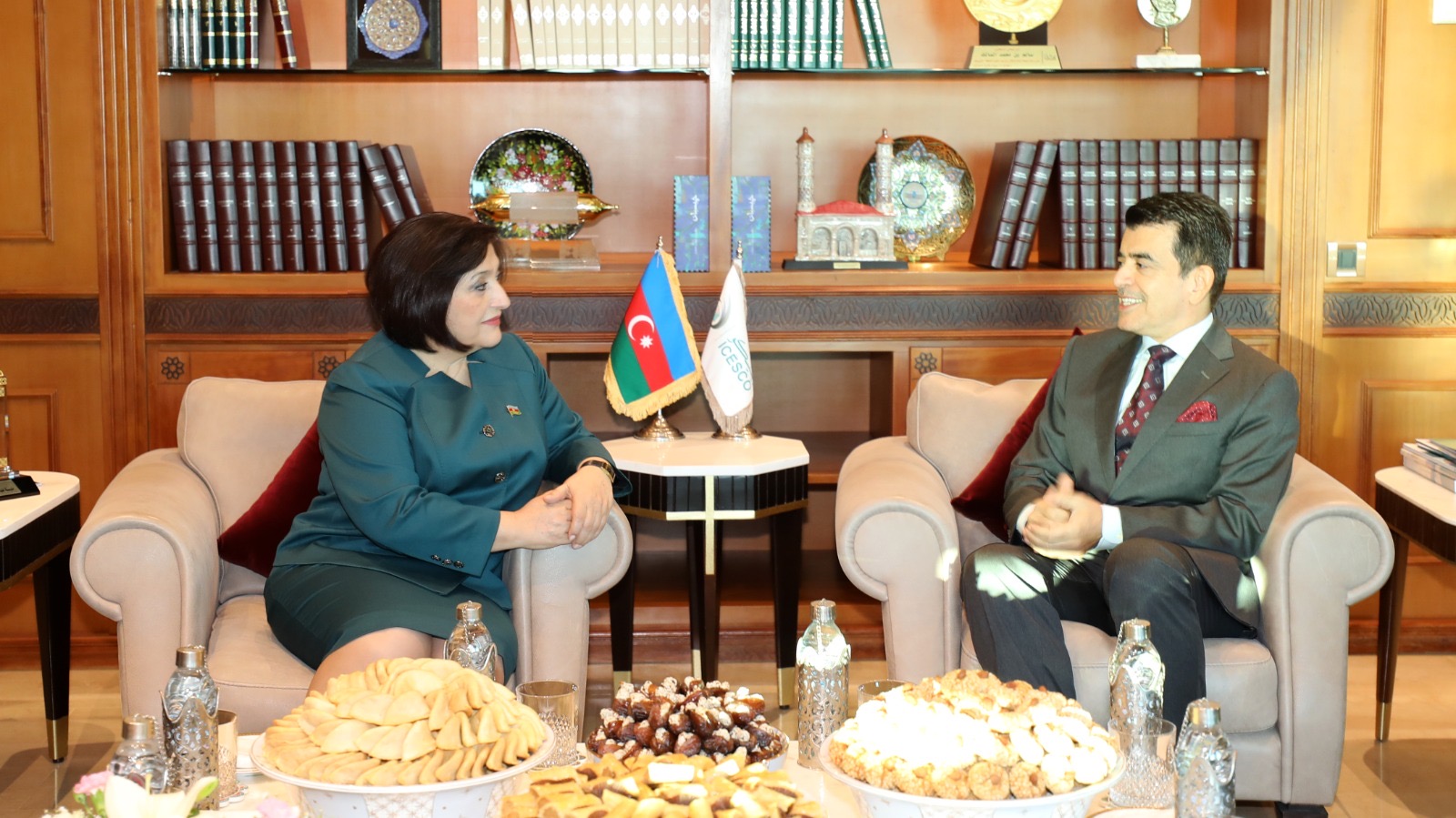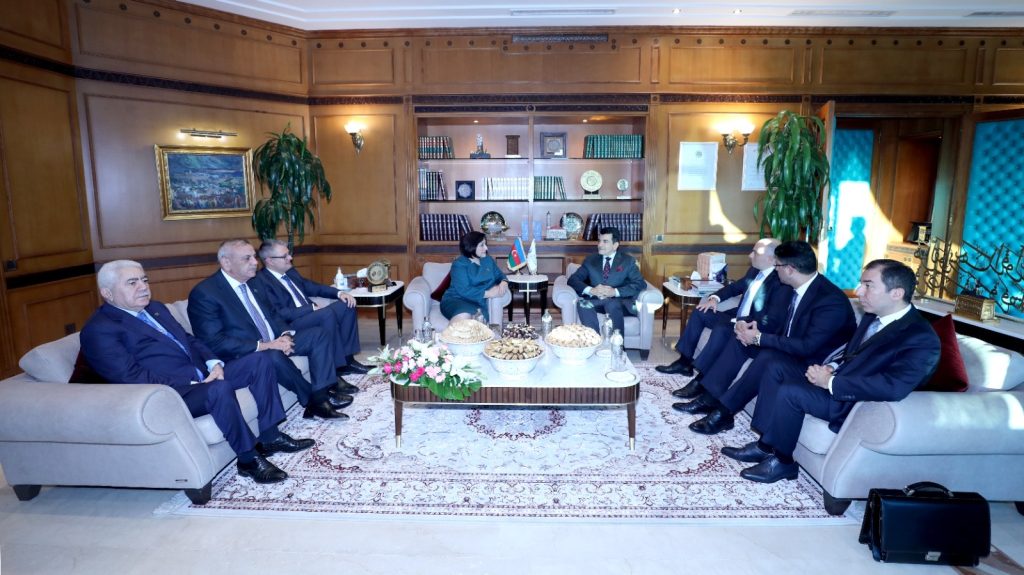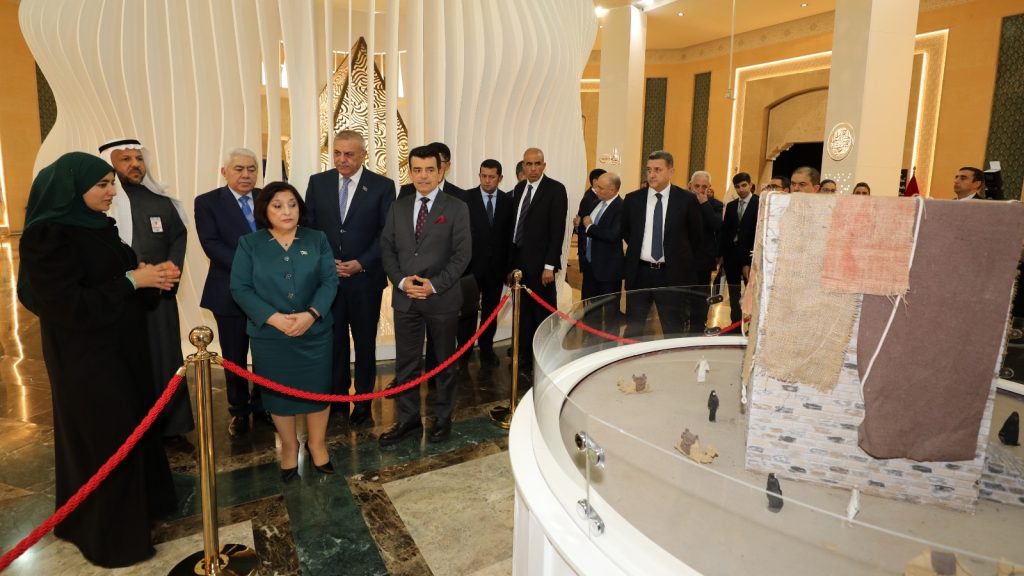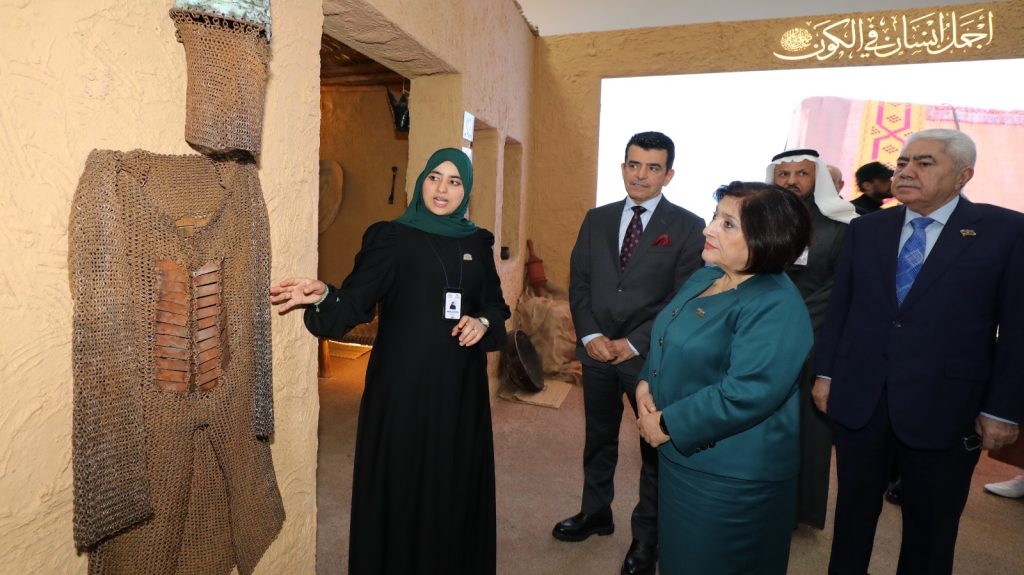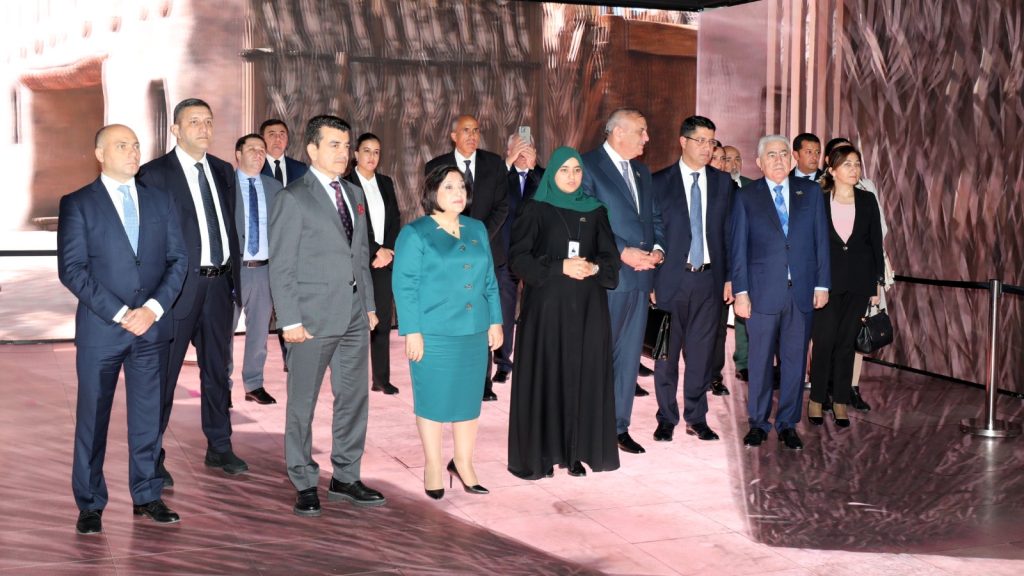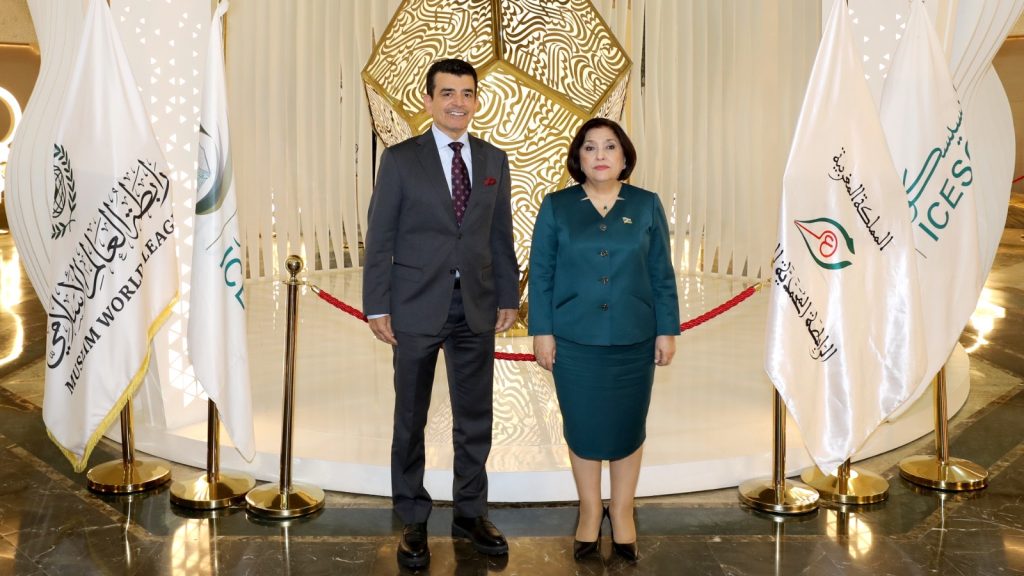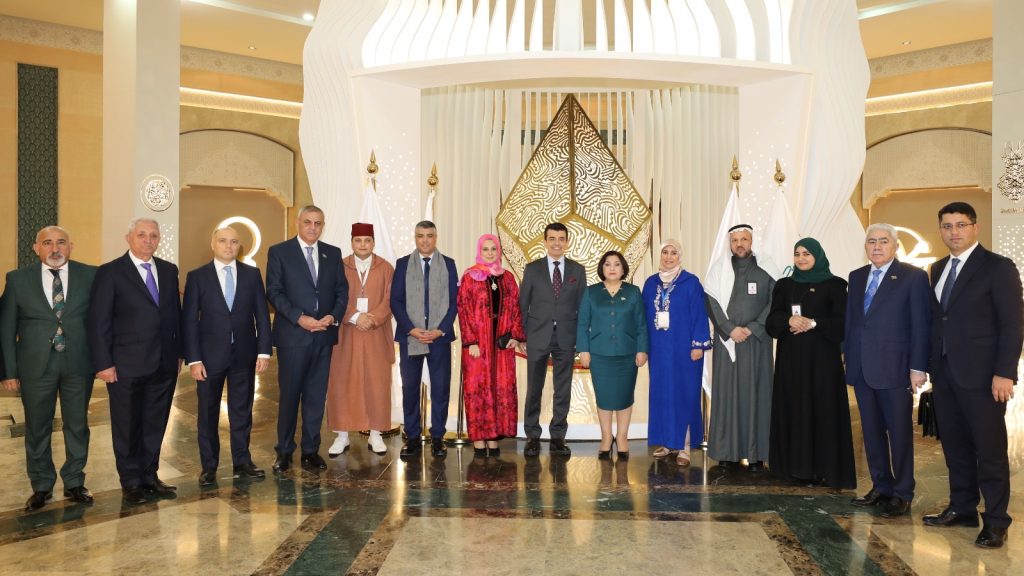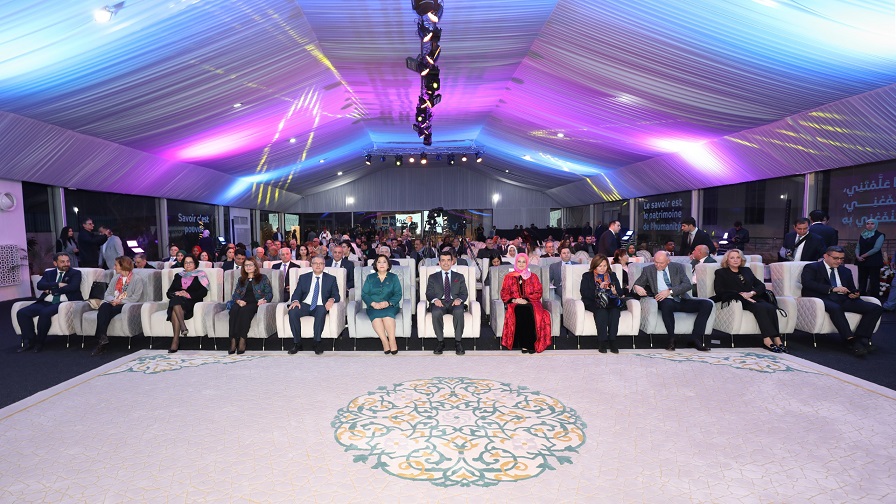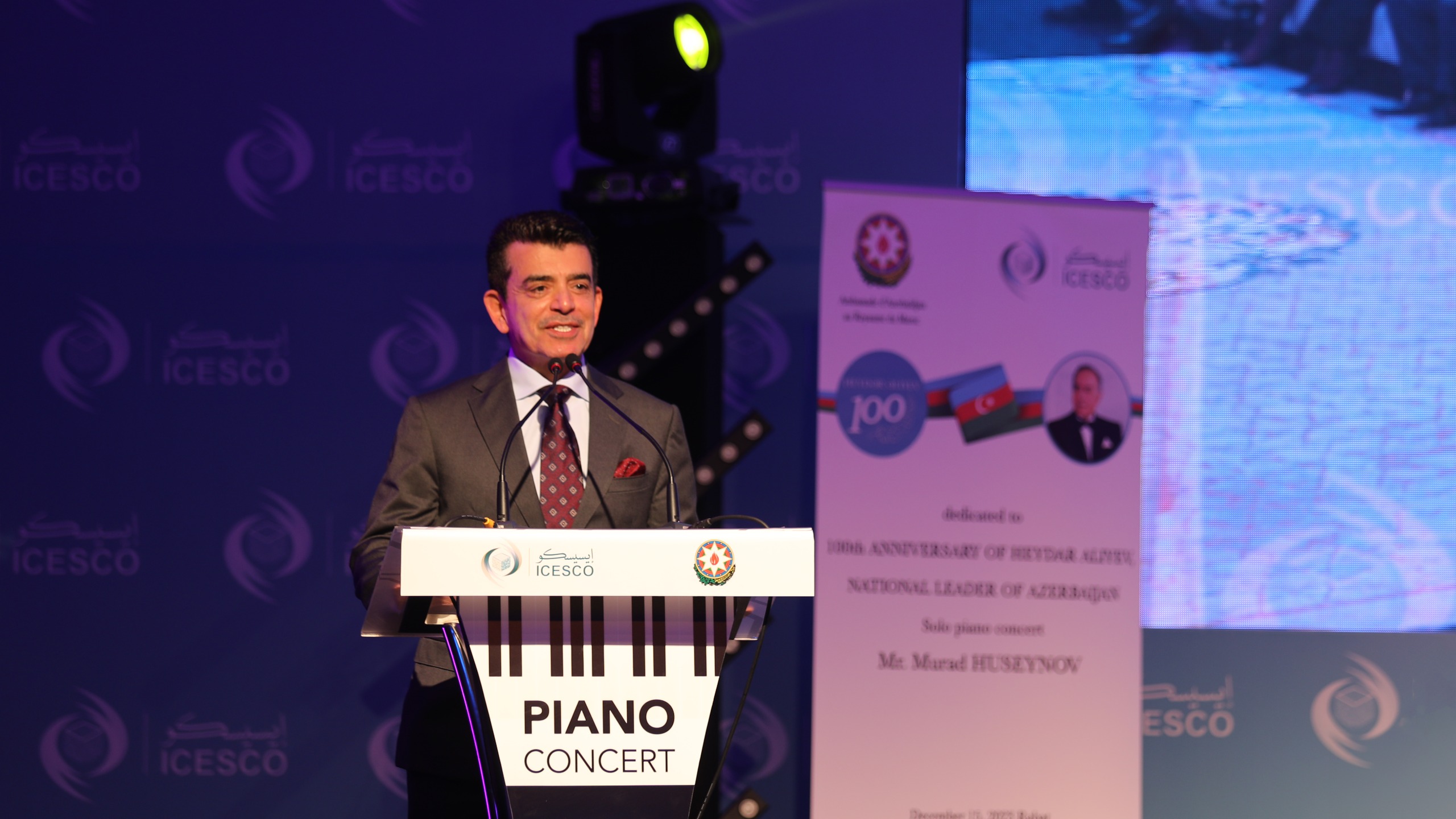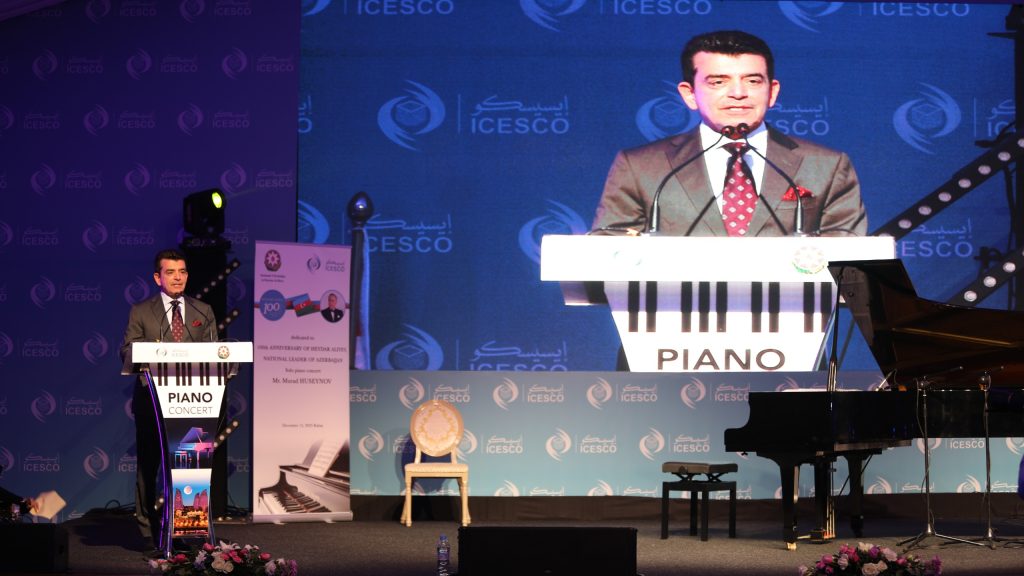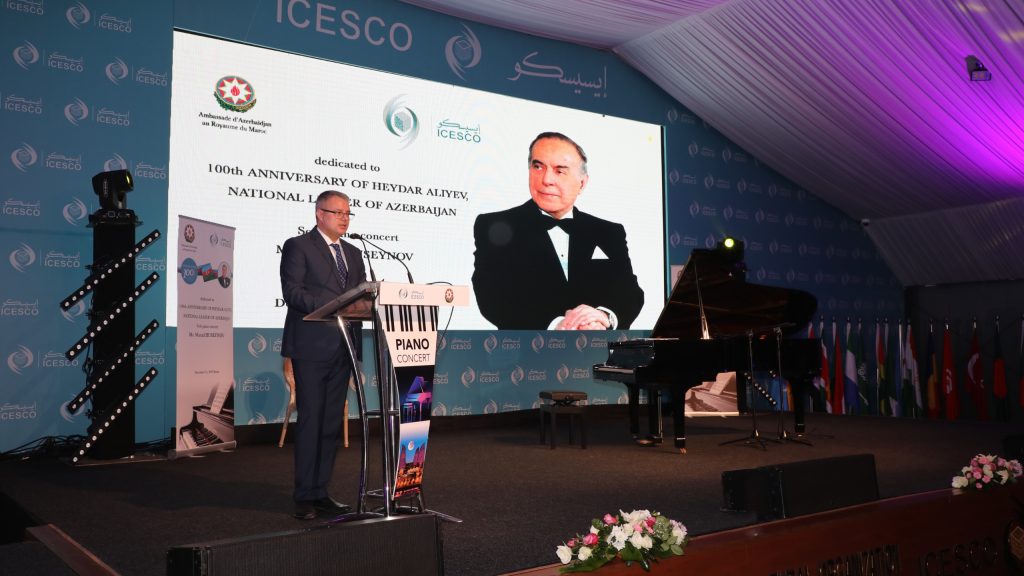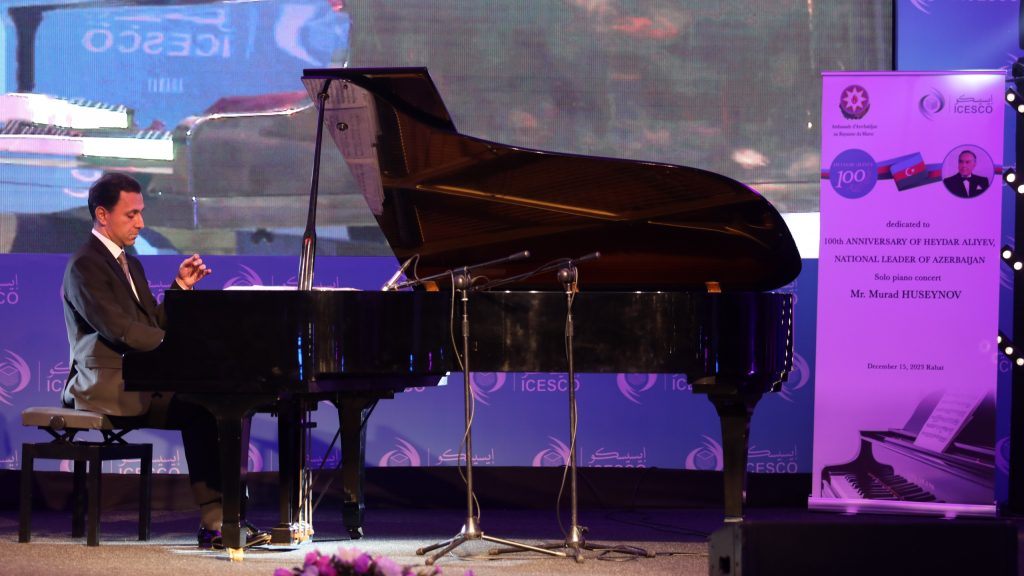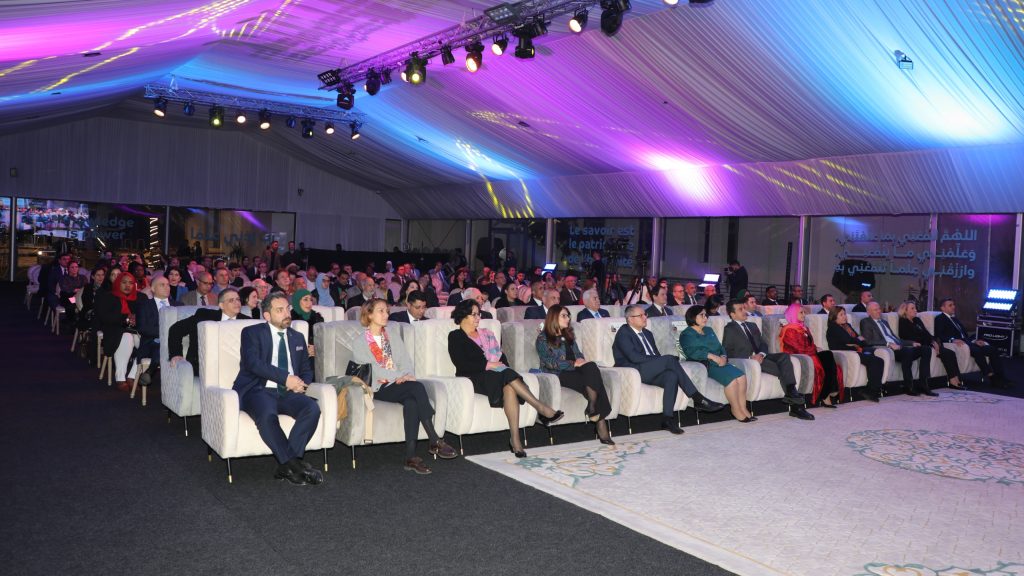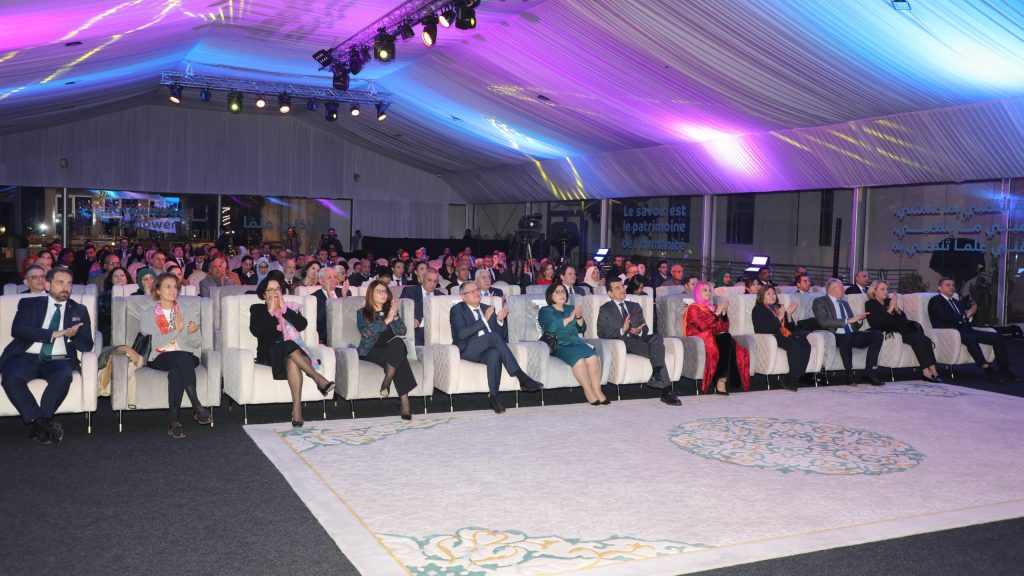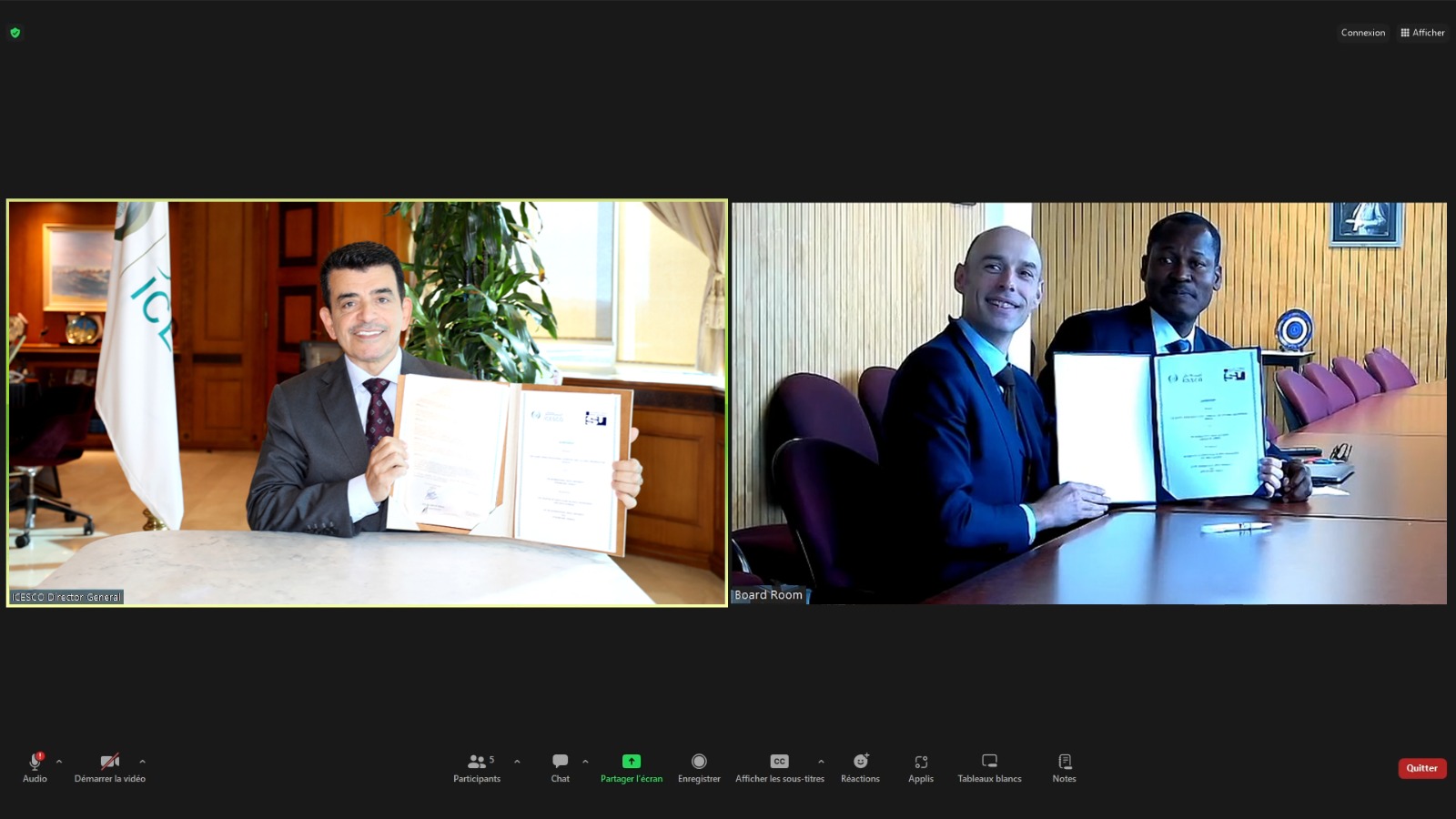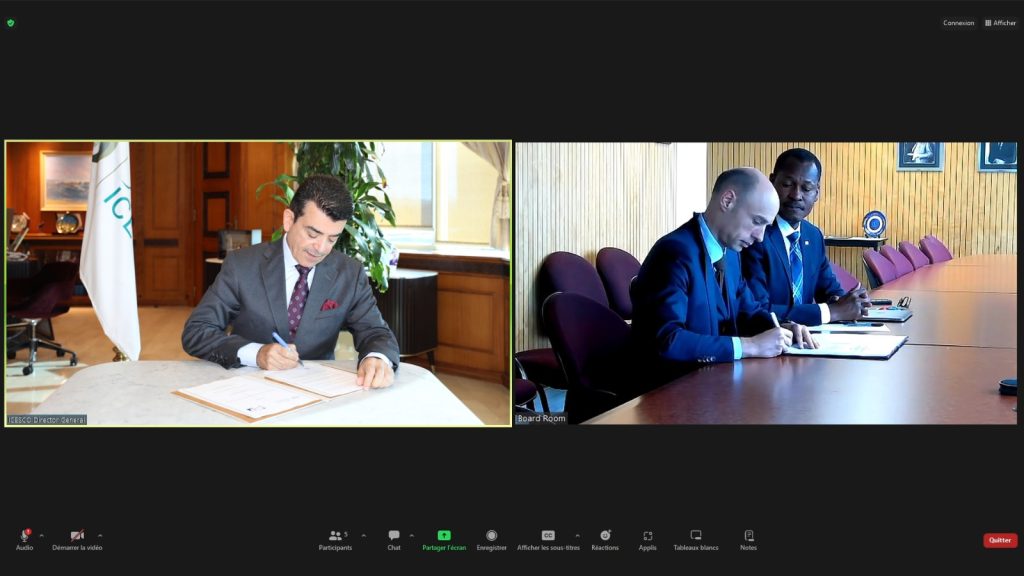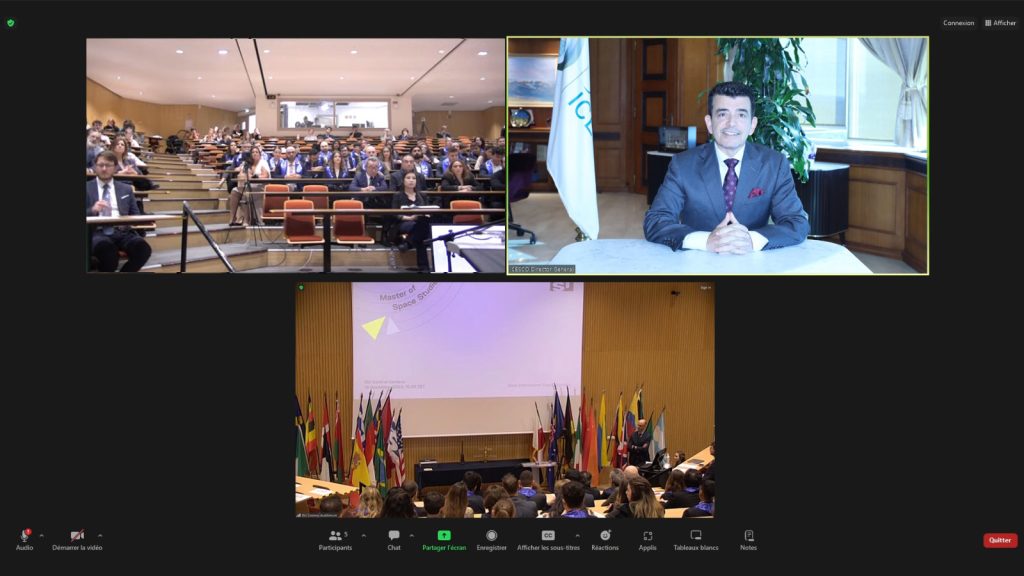The Islamic World Educational, Scientific and Cultural Organization (ICESCO) and its affiliated Federation of the Universities of the Islamic World (FUIW) held the International Conference on the Role of Women Leaderships in Empowering Women in the Digital Field, under the patronage and in the presence of Dr. Maryam Fadel Al-Dah, the First Lady of the Islamic Republic of Mauritania. The event aims at exploring ways to enhance women’s capacities in the digital transformation and economy, and sharing the relevant best practices.
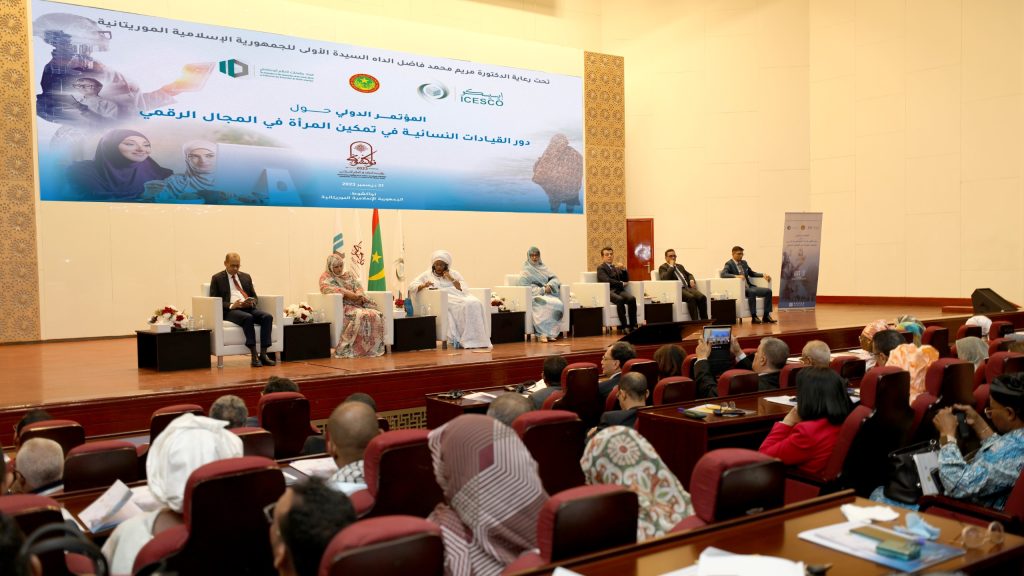
The opening of the conference, which kicked off on Thursday (December 21, 2023), in Nouakchott, witnessed a high-level participation, including first ladies, ministers, women leaders and experts in the fields of technology, innovation and digital transformation, most notably Ms. Marieme Faye Sall, First Lady of the Republic of Senegal.
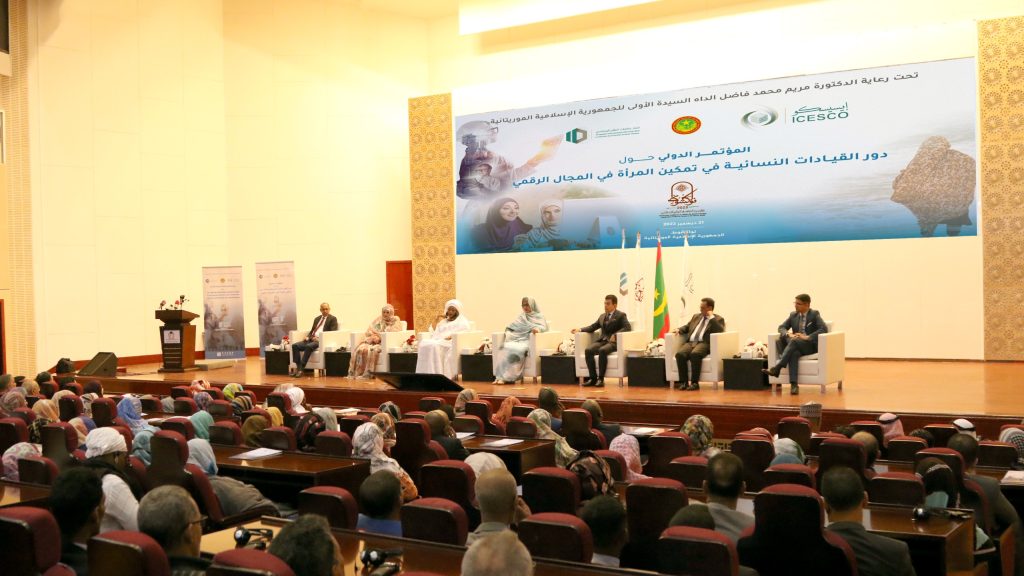
The conference began with the recitation of verses from the Holy Quran, followed by a documentary about the Mauritanian experience and efforts to enhance digital transformation through the establishment of a number of bodies and platforms to protect data and encourage innovation.
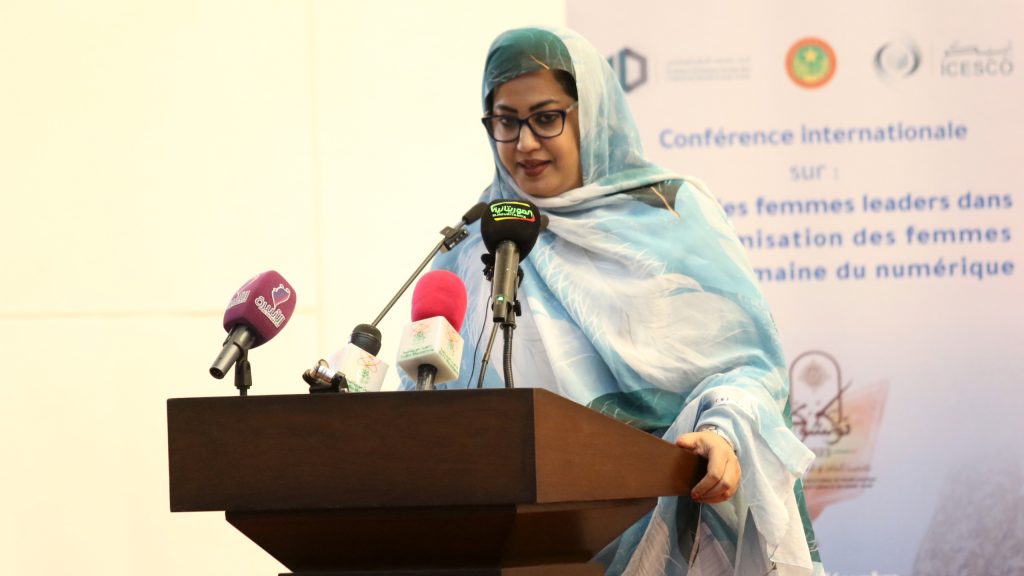
In her address, the First Lady of Mauritania stressed that the advancement of societies and the achievement of development are linked to the empowerment of women and the achievement of equality in all fields, stating that additional efforts must be made in the field of education, training, scientific research and innovation to ensure women access to digital and entrepreneurial fields to which the conference’s sessions and discussions will contribute significantly.
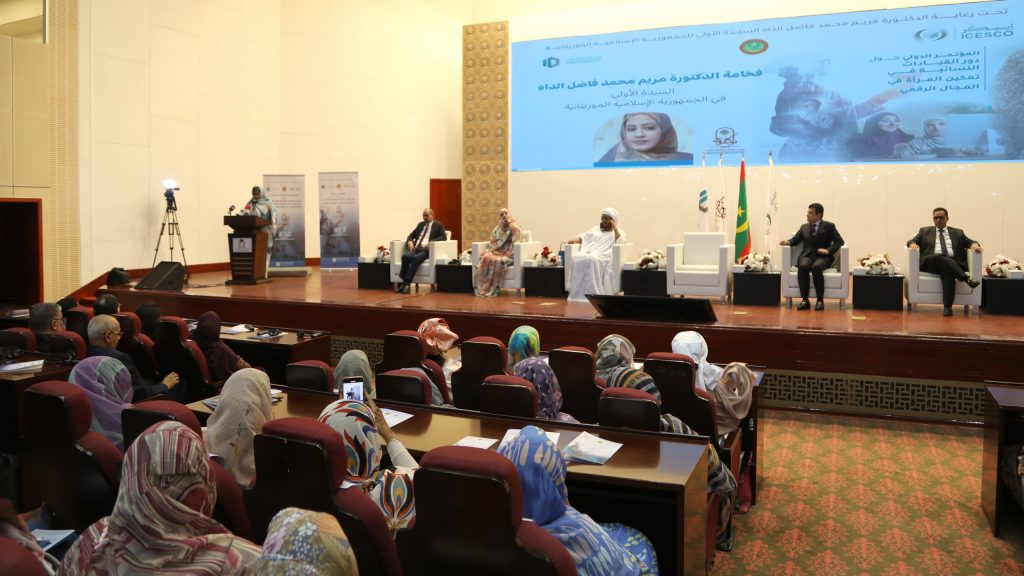
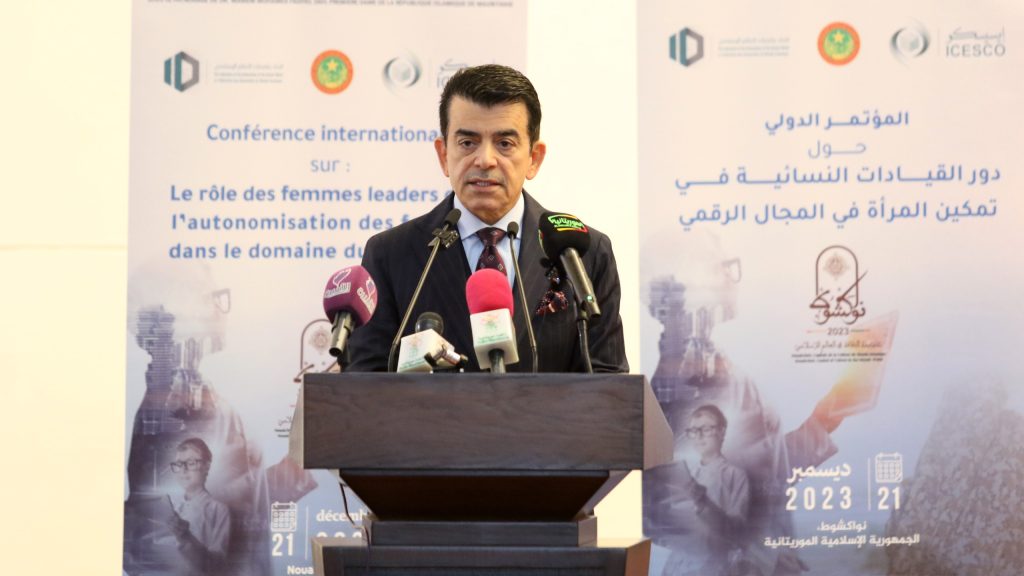
In his address, Dr. Salim M. AlMalik, ICESCO Director-General, FUIW Secretary-General, underscored that empowerment is an act that anticipates the future, identifies needs, determines priorities, predicts risks and incorporates new developments, adding that the digital transformation has become the key to modern areas, which all women leaders must be equipped with.
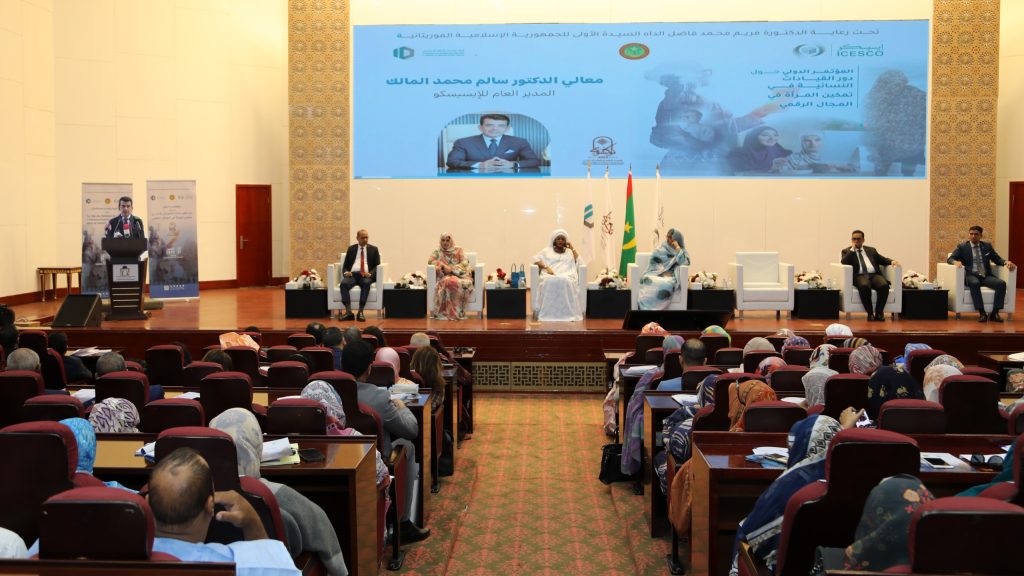
“Women worldwide have achieved a significant leap in digital entrepreneurship, which would open new prospects for startups. However, there are many challenges facing women on the path to their digital empowerment, particularly the lack of innovation, the limited ability to develop new ideas and projects, lack of knowledge about the society’s needs, and the poor financial and administrative awareness” underscored Dr. AlMalik.
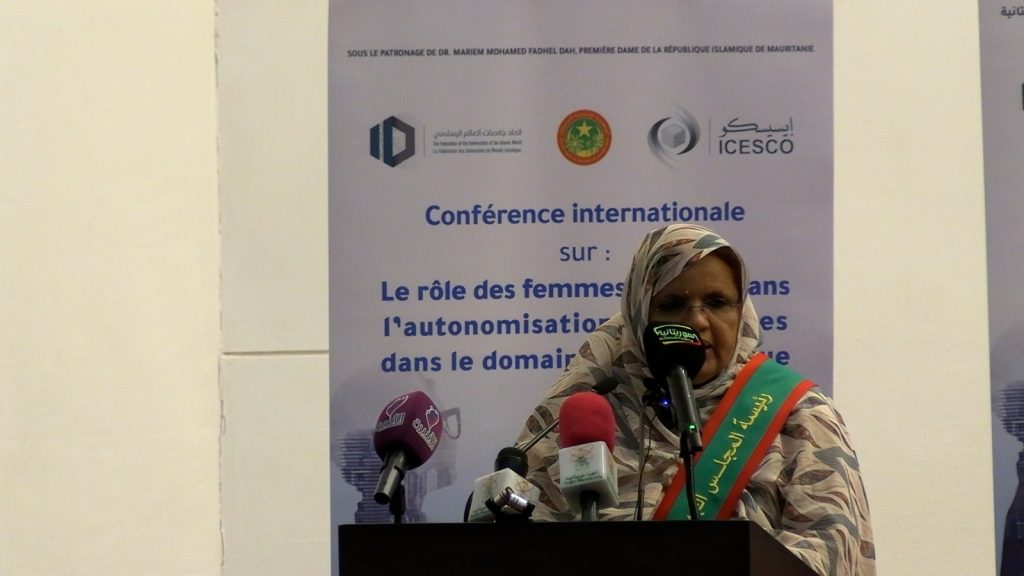
For her part, Ms. Fatima bint Abdelmalek, President of the Nouakchott Regional Council, reaffirmed that the conference is in line with the orientations of the Mauritanian government, which endeavors to integrate women into the economic sector and provide them with job opportunities in the digital field.
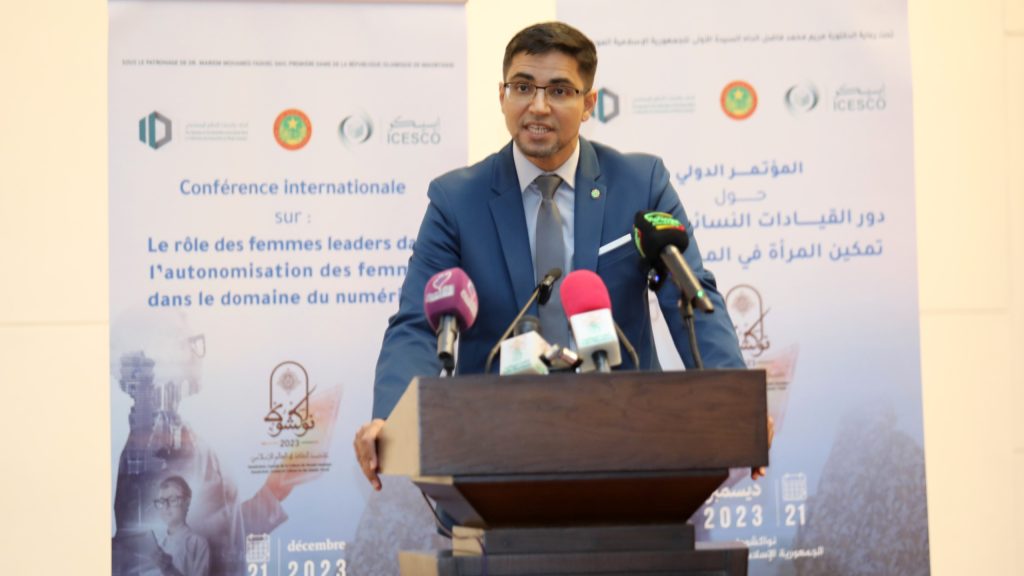
In his address, Mr. Mohamed Abdallah Louli, Minister of Mauritanian Digital Transformation, Innovation and Modernization of Administration, highlighted the major objectives and axes of the digital transformation strategy in the Republic to provide an appropriate environment for women in the digital field. For her part, Ms. Safiya bint Intah, Minister of Mauritanian Social Affairs, Children and Family, indicated that nearly four thousand projects of women have been funded and more than five thousand girls have been trained in the digital field, in addition to a number of other development programs.
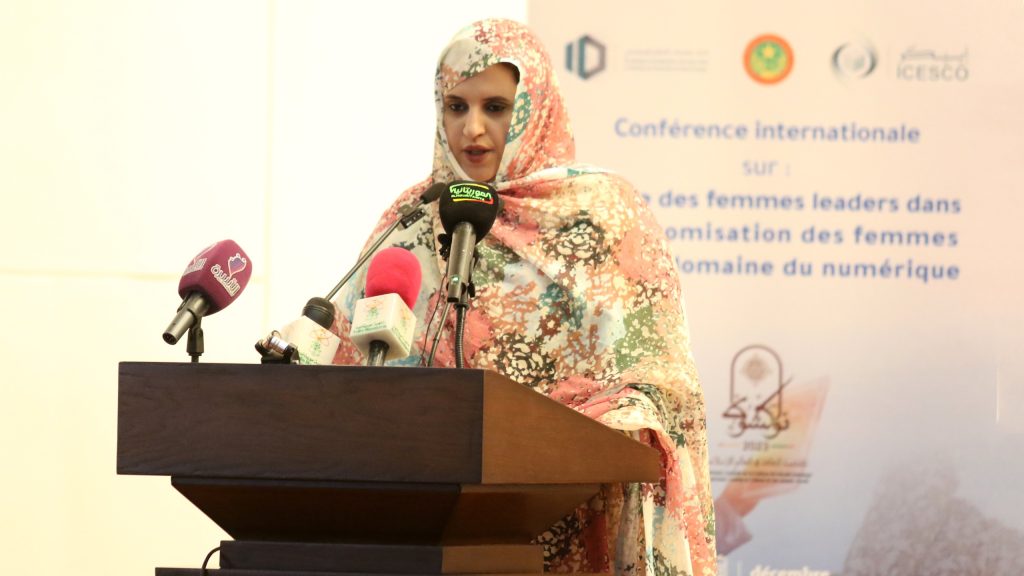
Following the opening session, the Mauritanian First Lady and the Director-General of ICESCO along with the conference guests visited the exhibition, in which the entities and companies operating in the field of digital transformation in Mauritania provided explanations about their efforts to enhance the role of women in digital transformation and provide them with job opportunities.
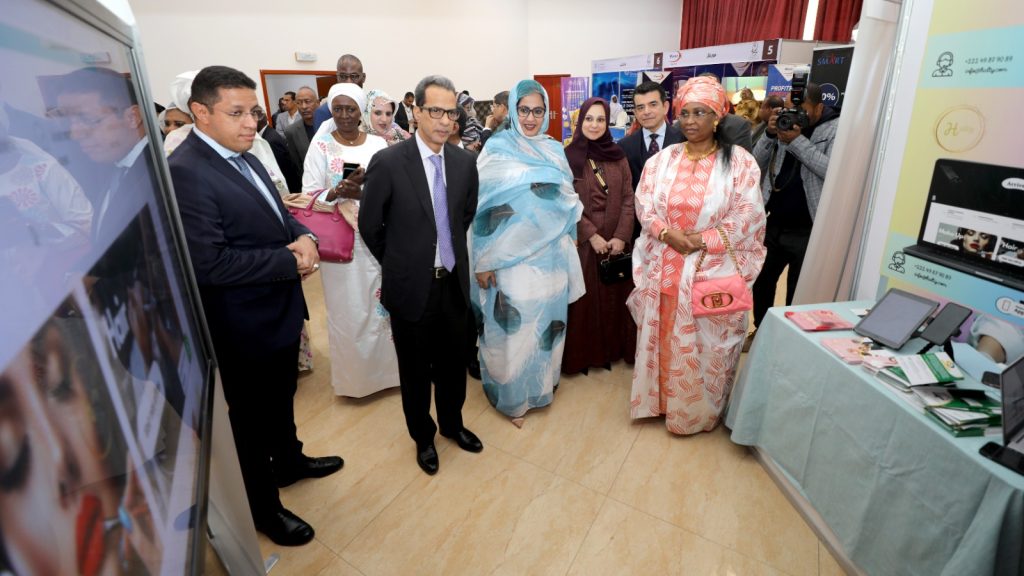
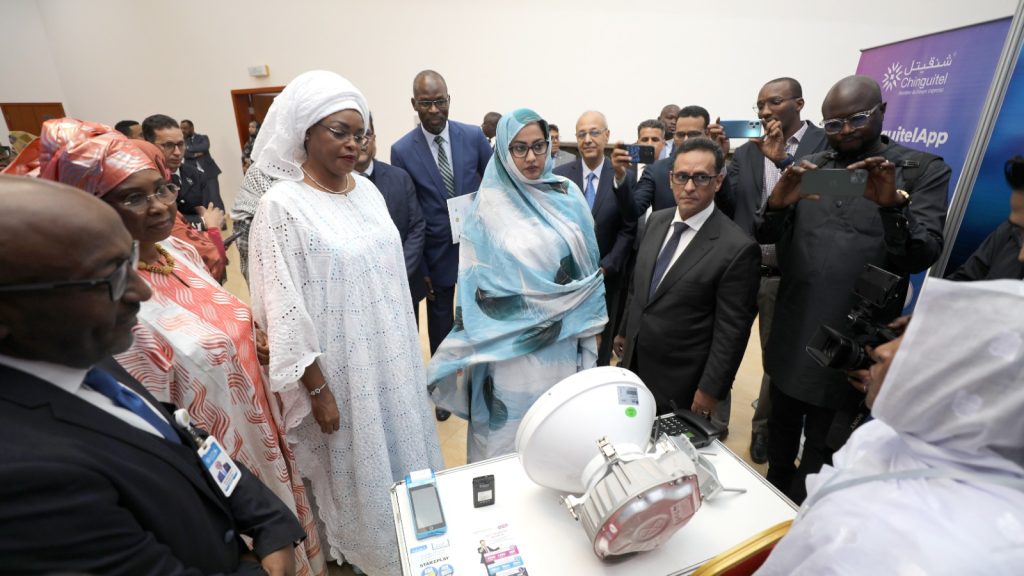
Afterwards, the conference started its working sessions. The first session discussed ‘Digitization and gender: towards bridging the gender gap in the field of technology’. The second session addressed the topic of ‘Digitization: challenges and opportunities’ while the third session tackled ‘Women for information technology: the path toward success stories of women leaders in digital field’.
